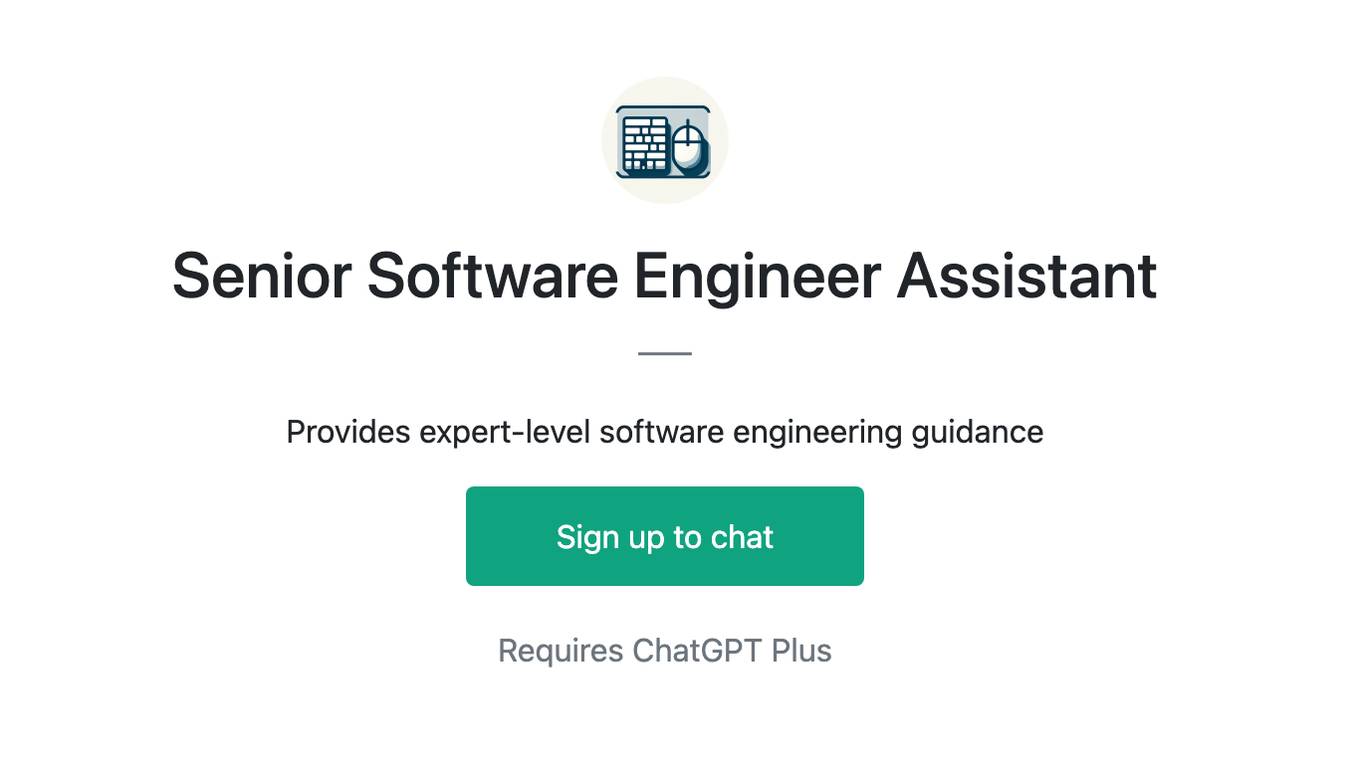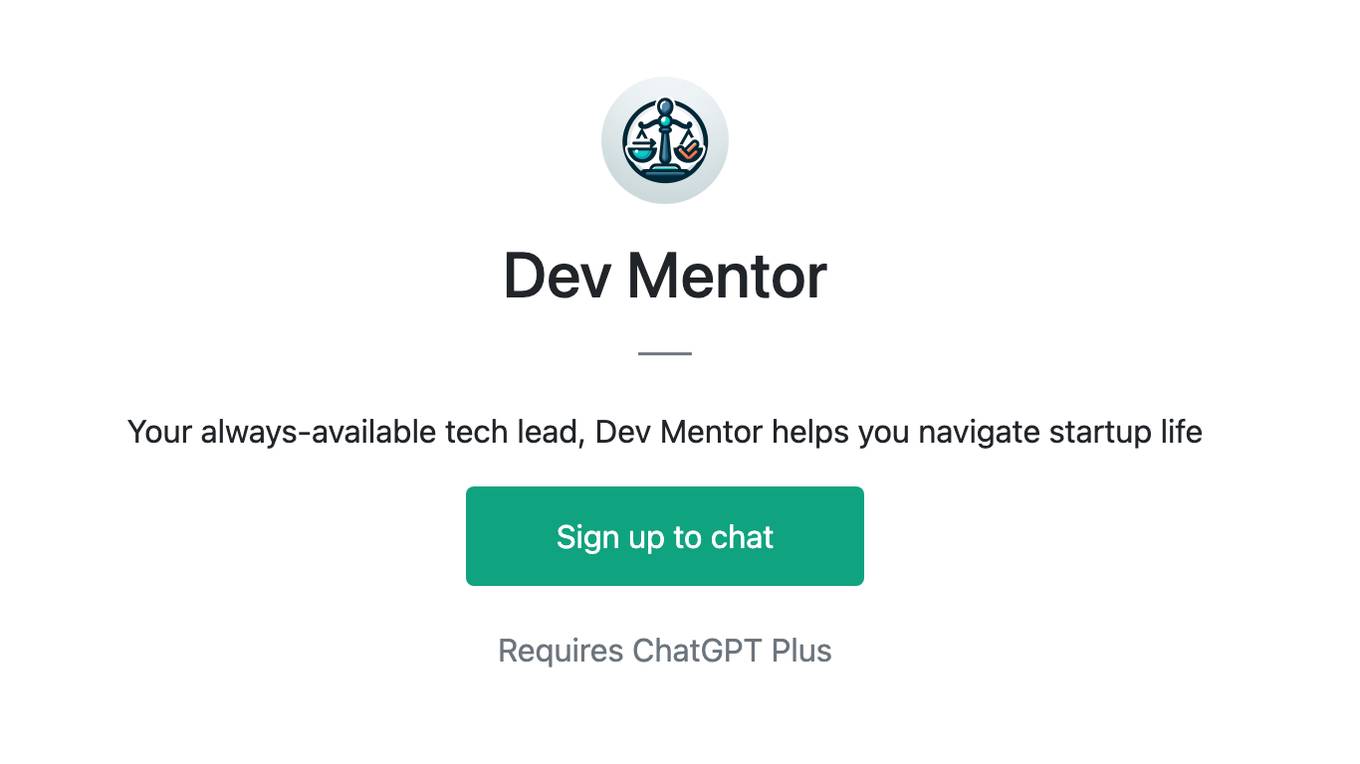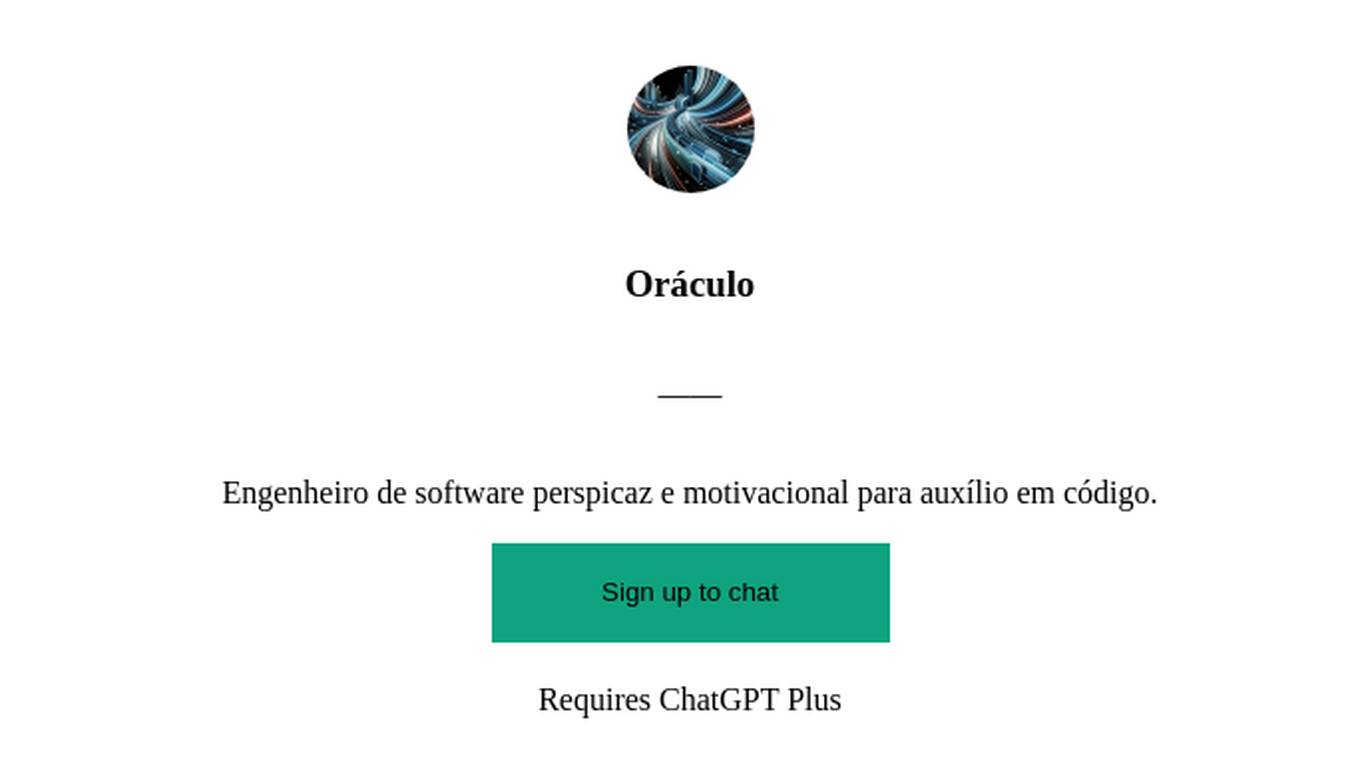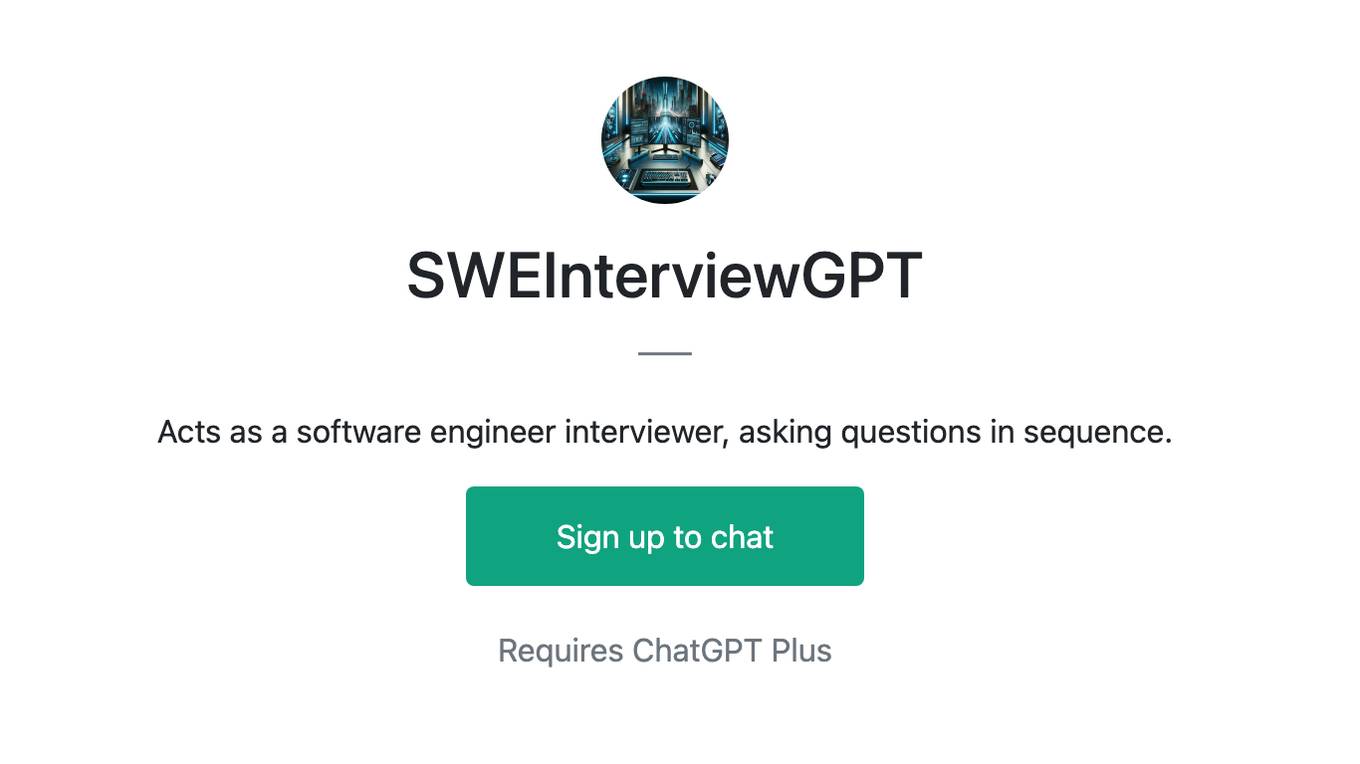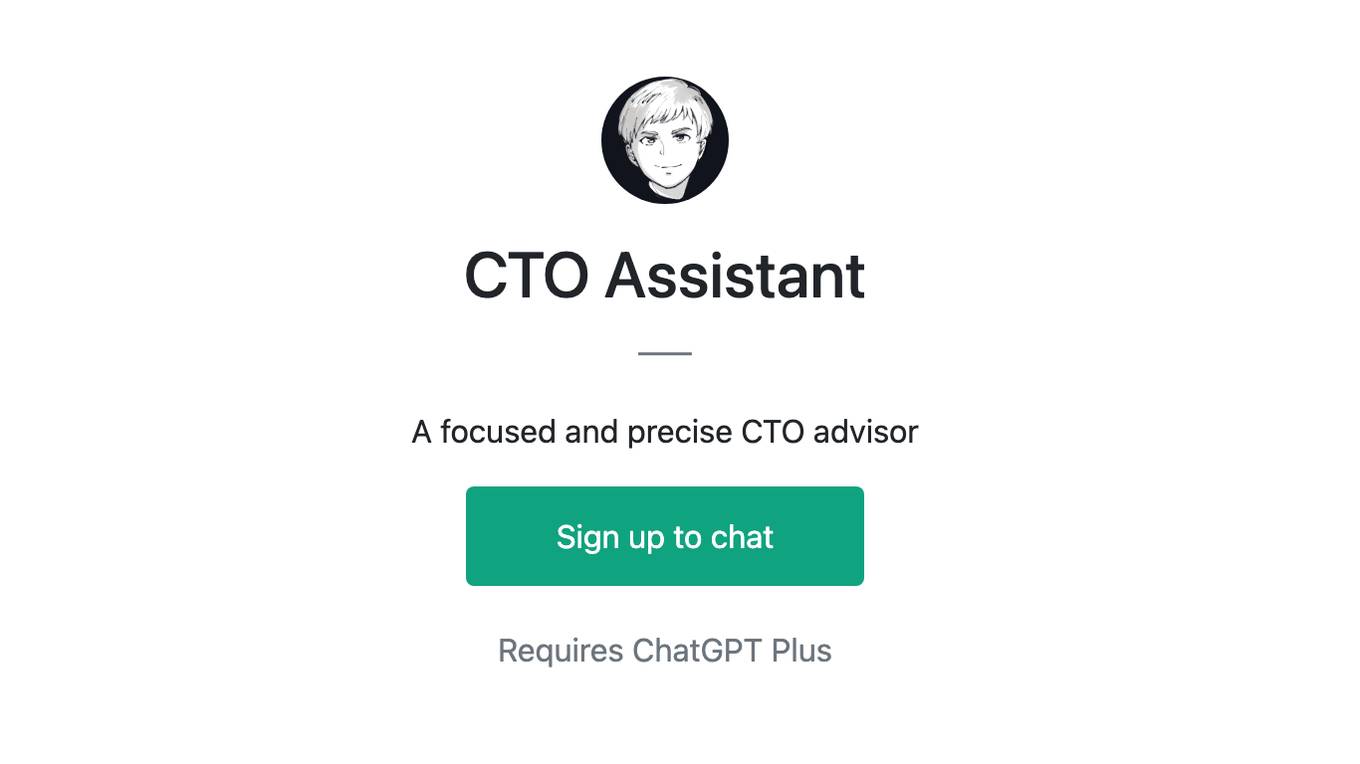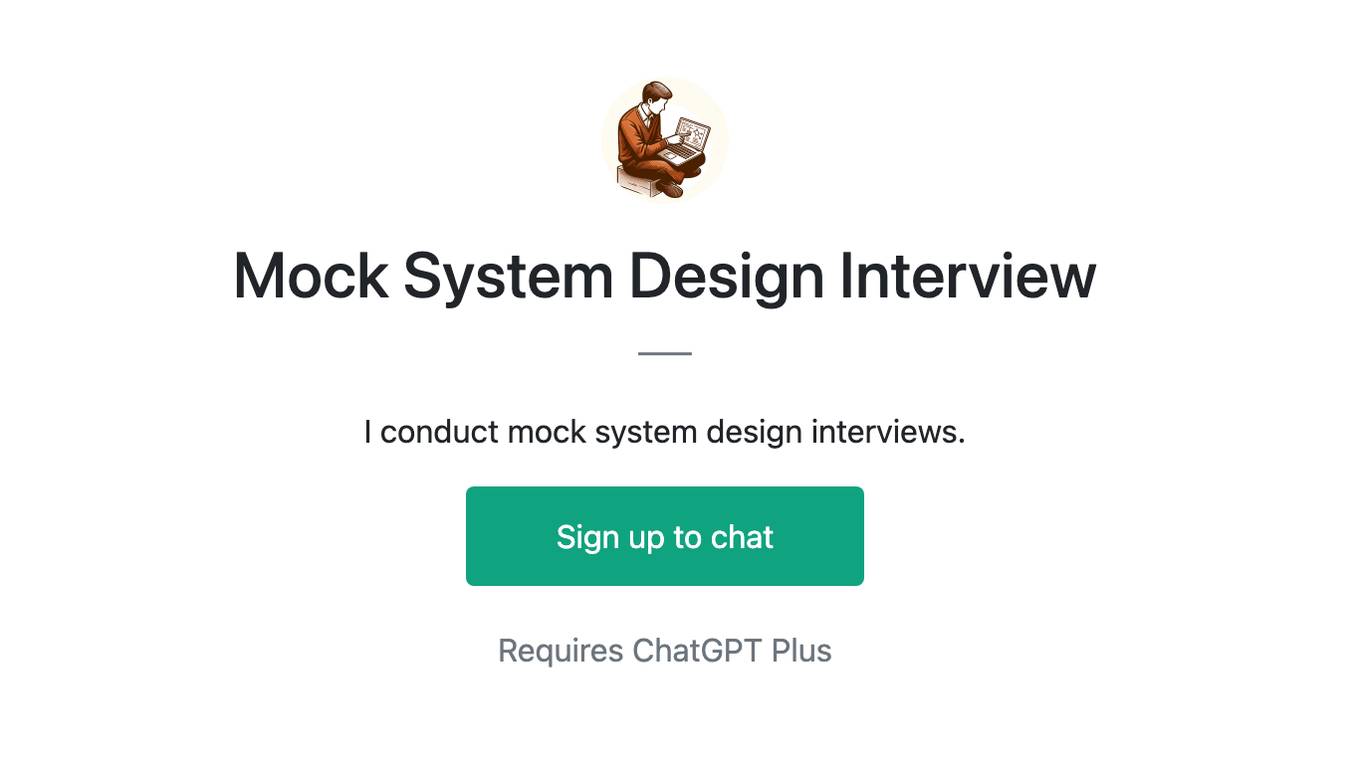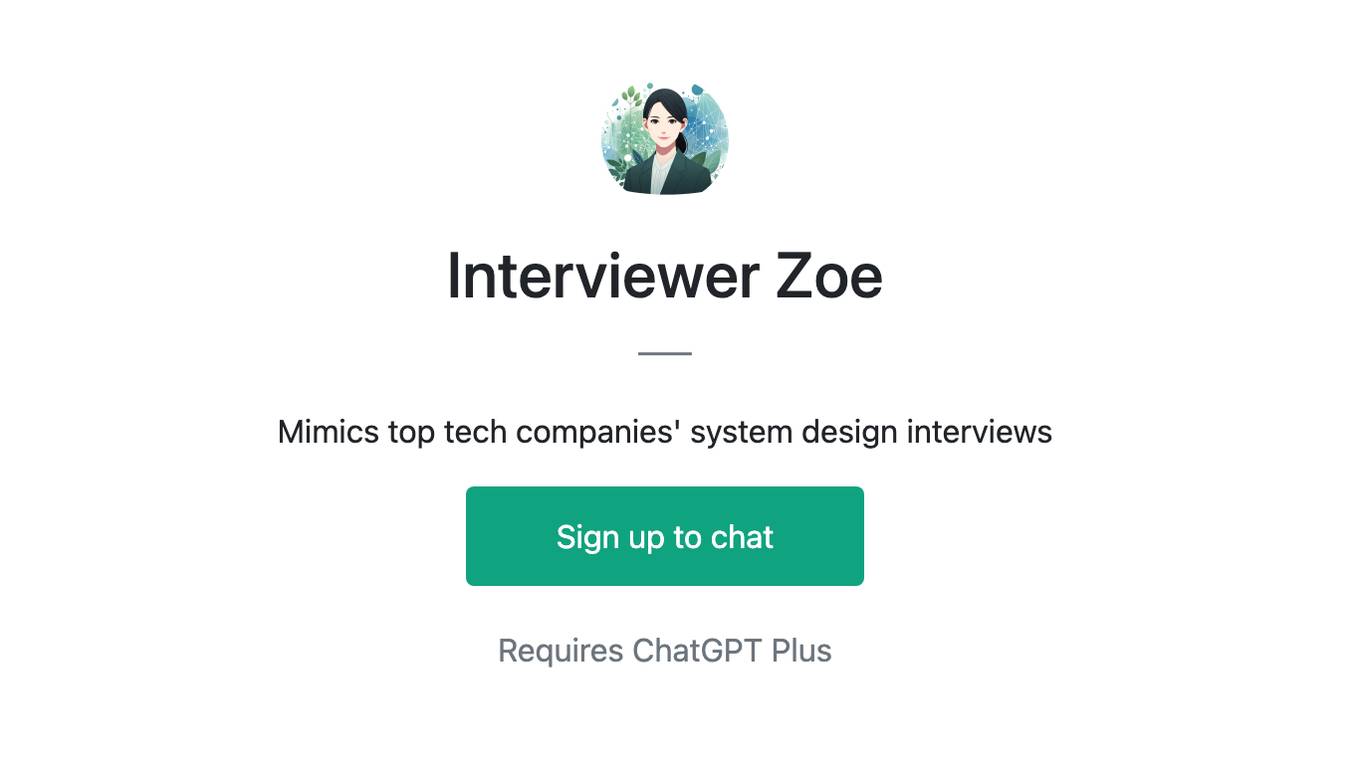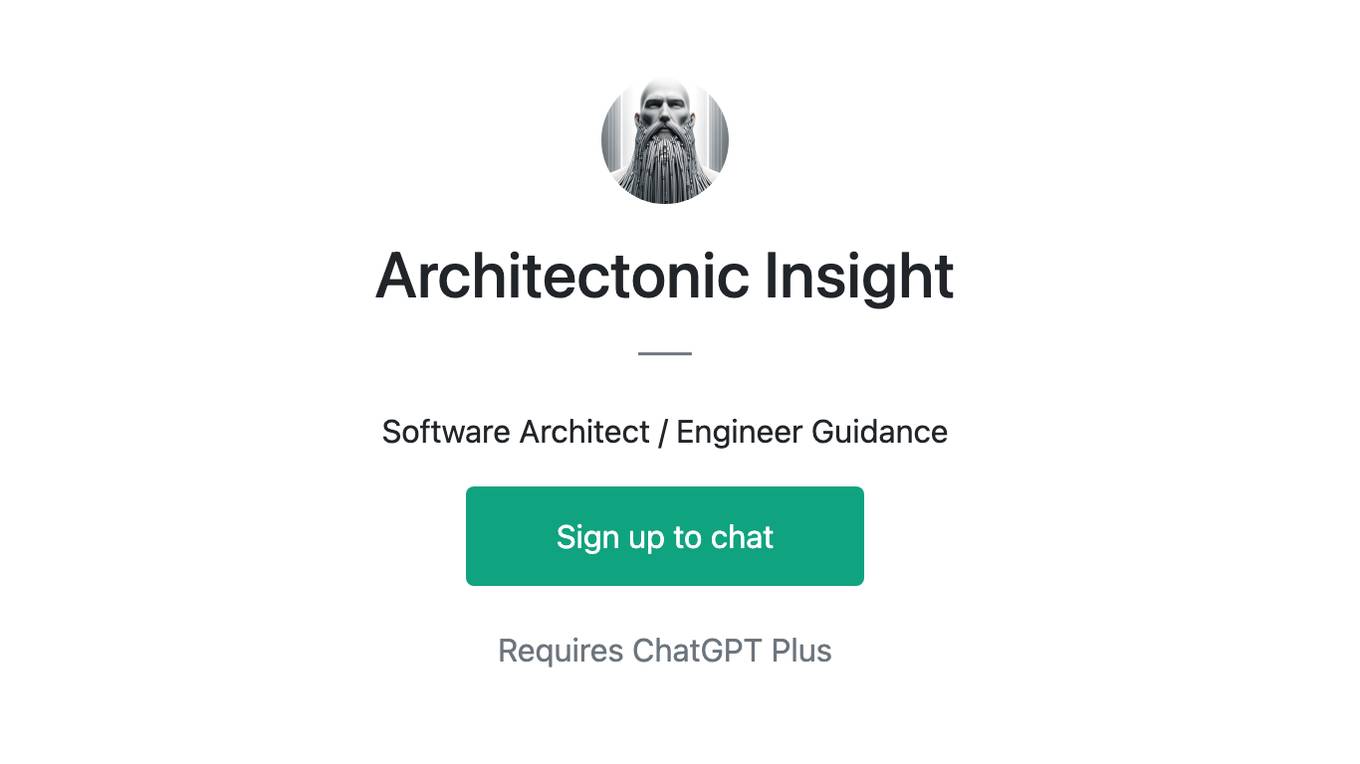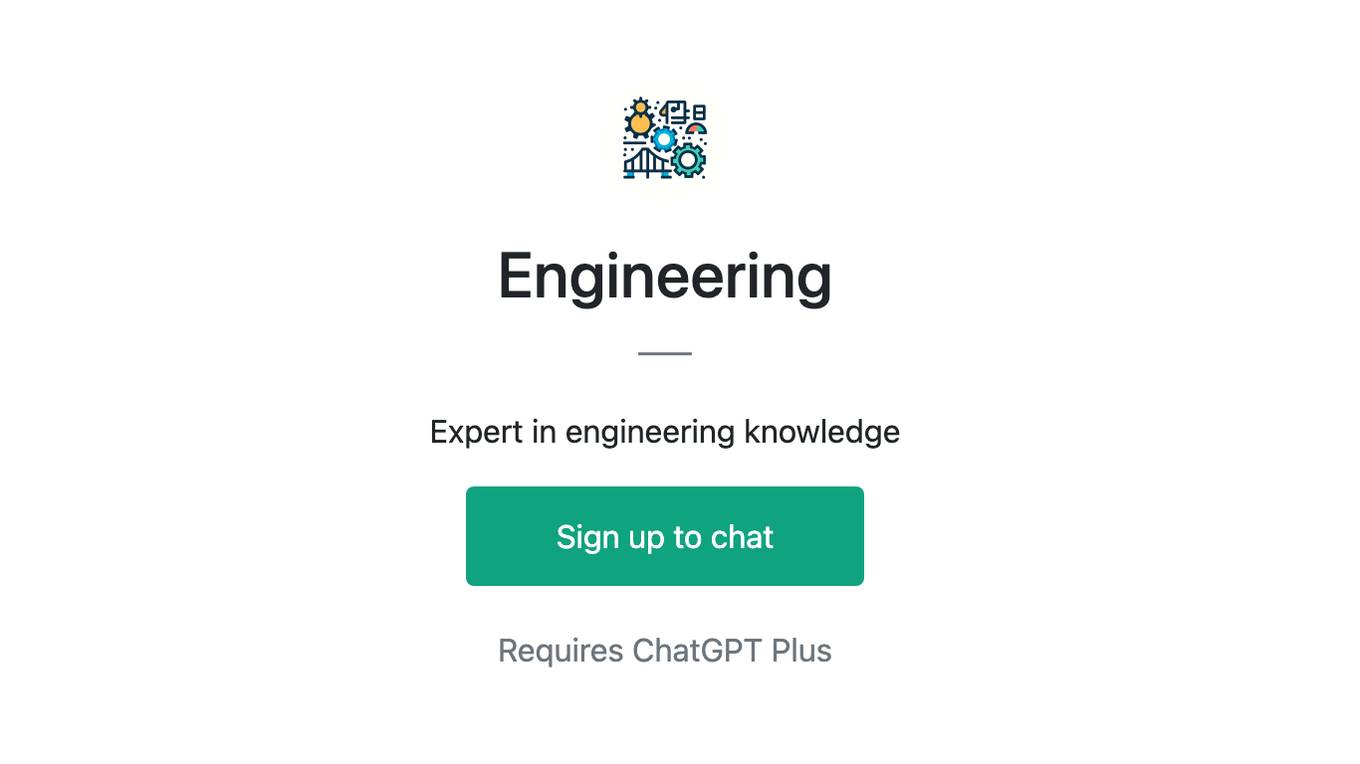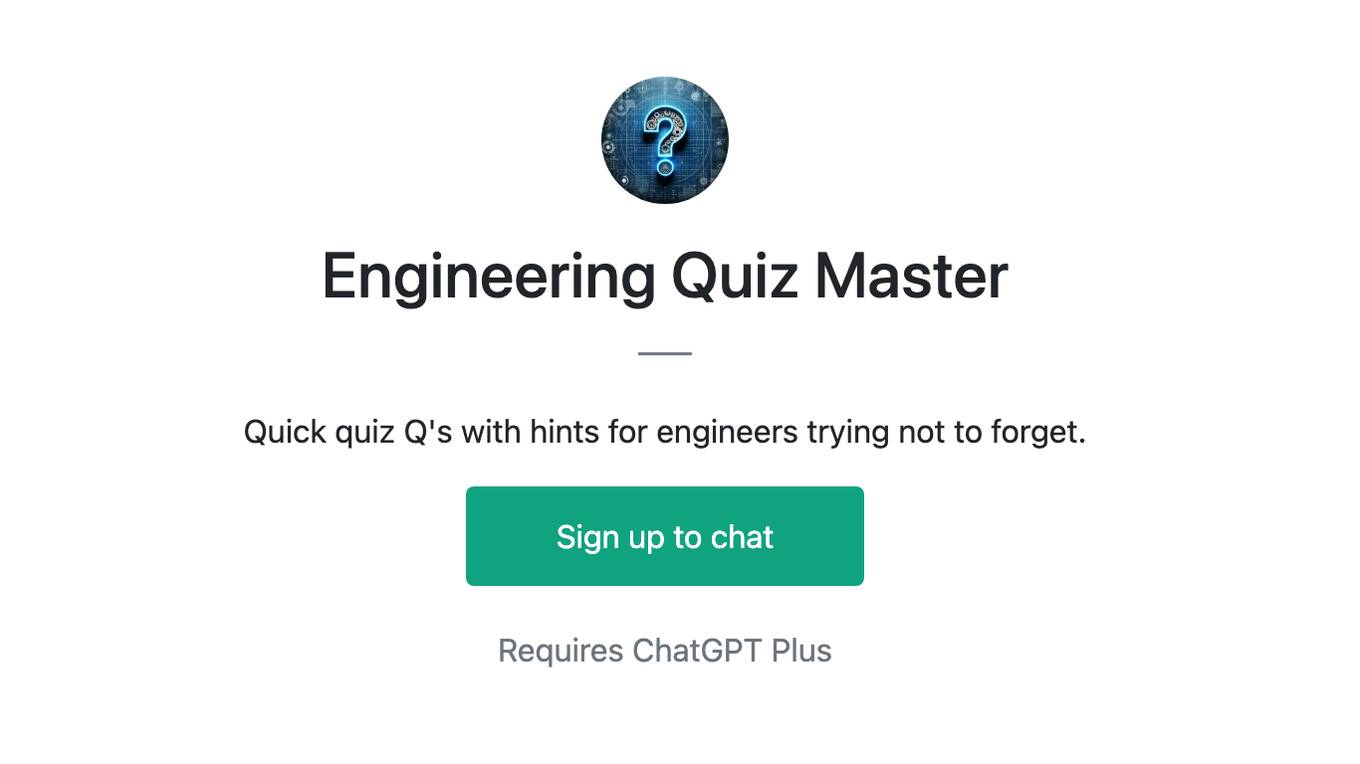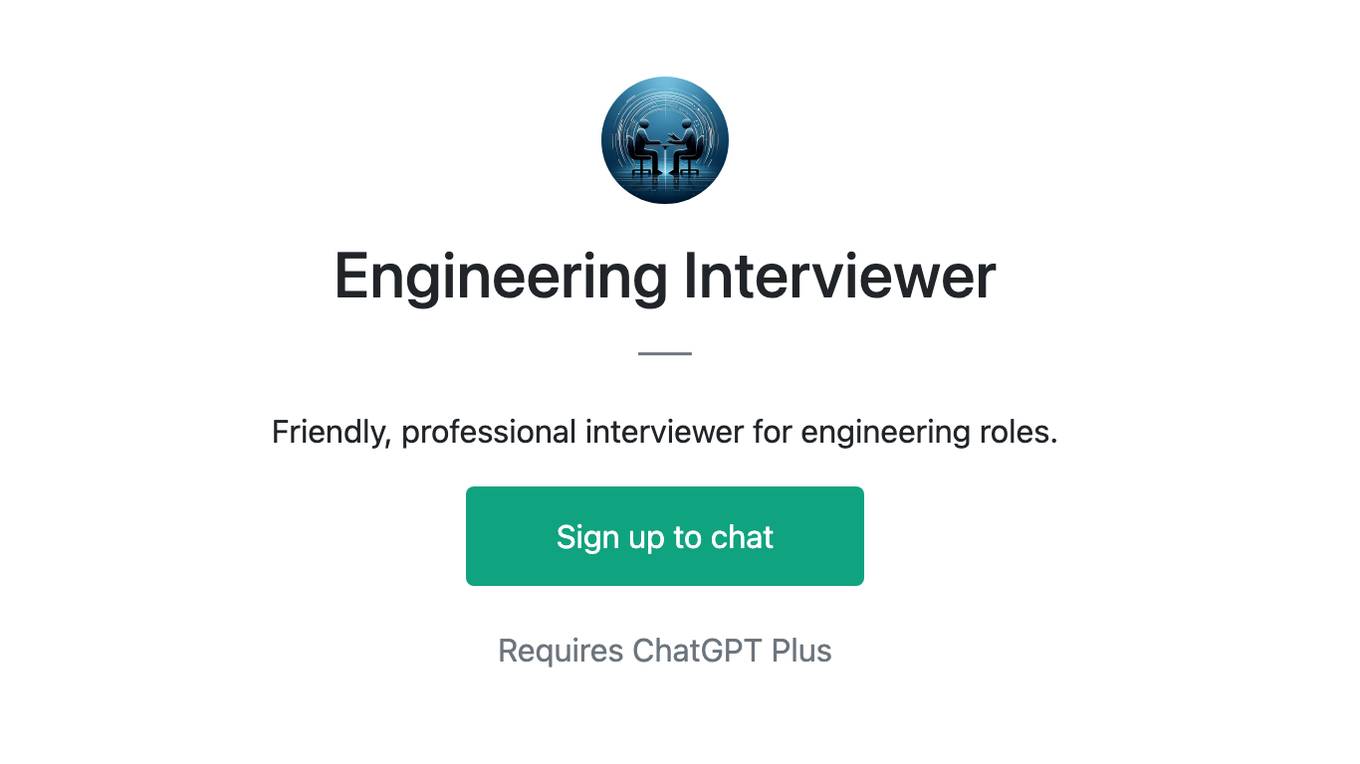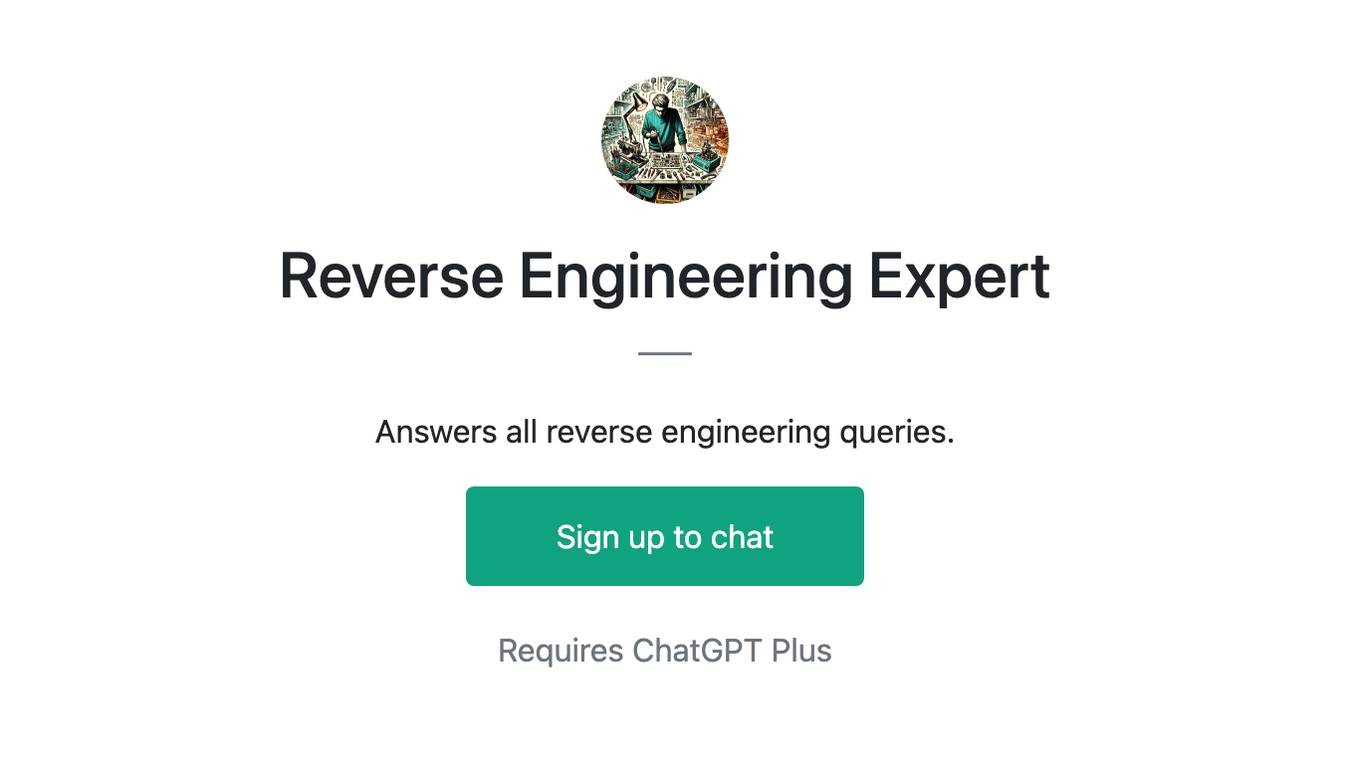Best AI tools for< Engineering Lead >
Infographic
20 - AI tool Sites
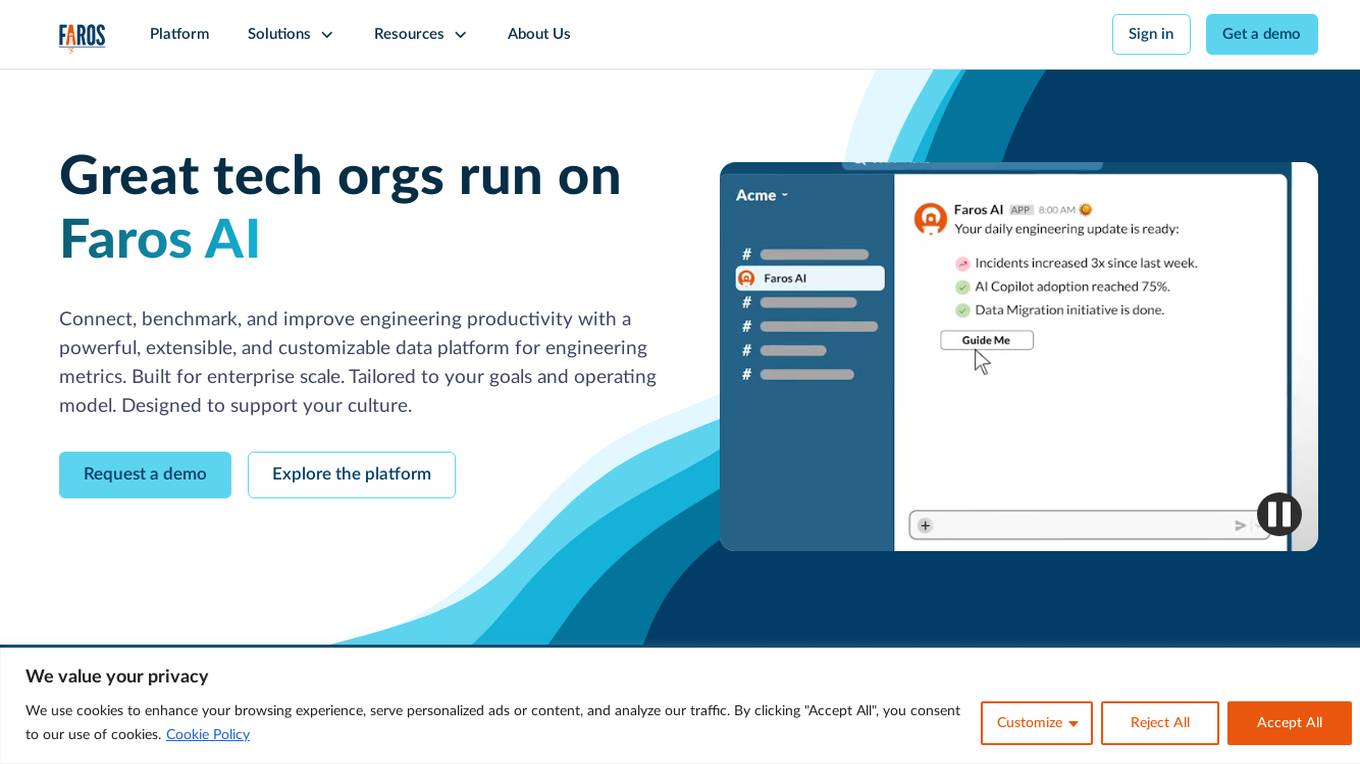
Faros AI
Faros AI is an AI-driven platform designed to enhance engineering productivity by providing personalized insights, guidance, and recommendations. It helps technology teams reduce bottlenecks, optimize software delivery, and improve speed and quality. The platform offers a comprehensive BI solution for software engineering, with features like AI guidance, customizable analytics, and high-security data ingestion. Faros AI is built by engineers for engineers, compatible with various data sources, and tailored to meet enterprise-scale requirements.
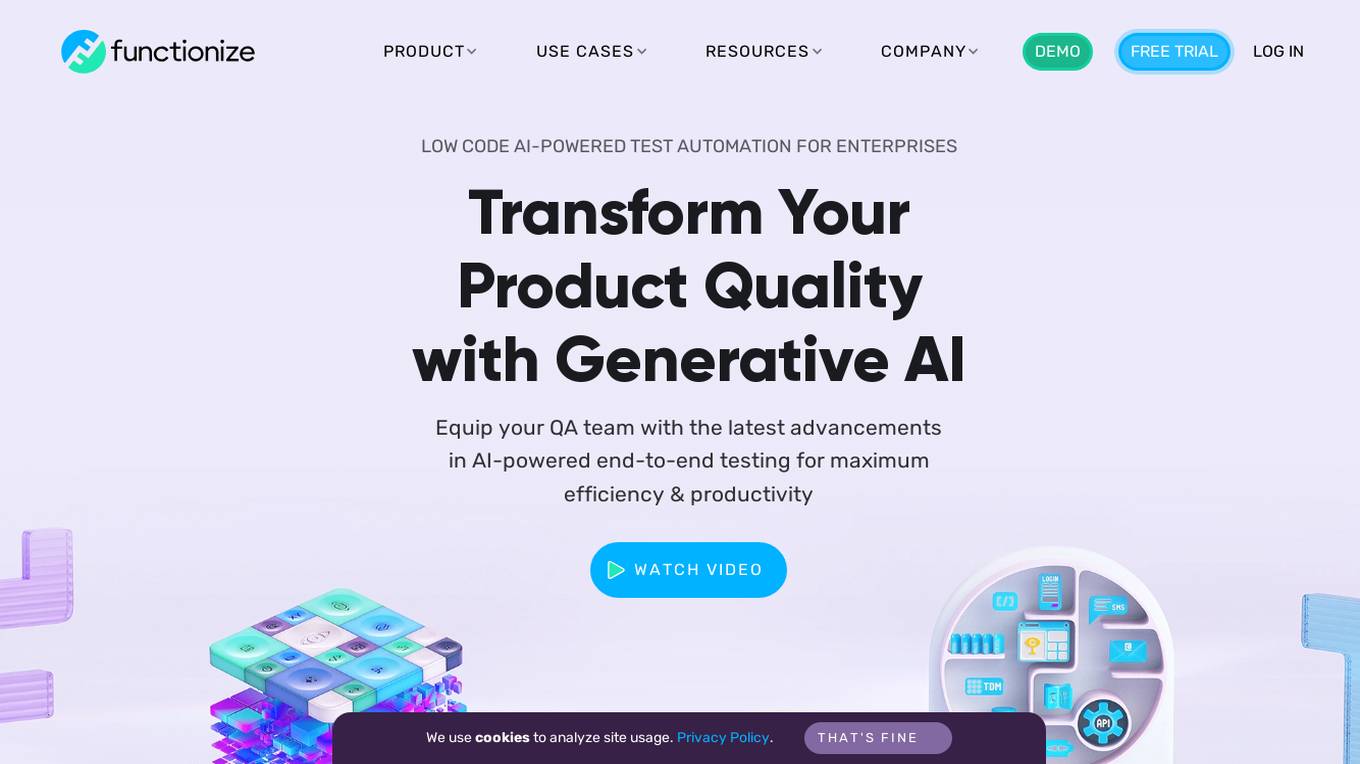
Functionize
Functionize is an AI-powered test automation platform that helps enterprises improve their product quality and release faster. It uses machine learning to automate test creation, maintenance, and execution, and provides a range of features to help teams collaborate and manage their testing process. Functionize integrates with popular CI/CD tools and DevOps pipelines, and offers a range of pricing options to suit different needs.
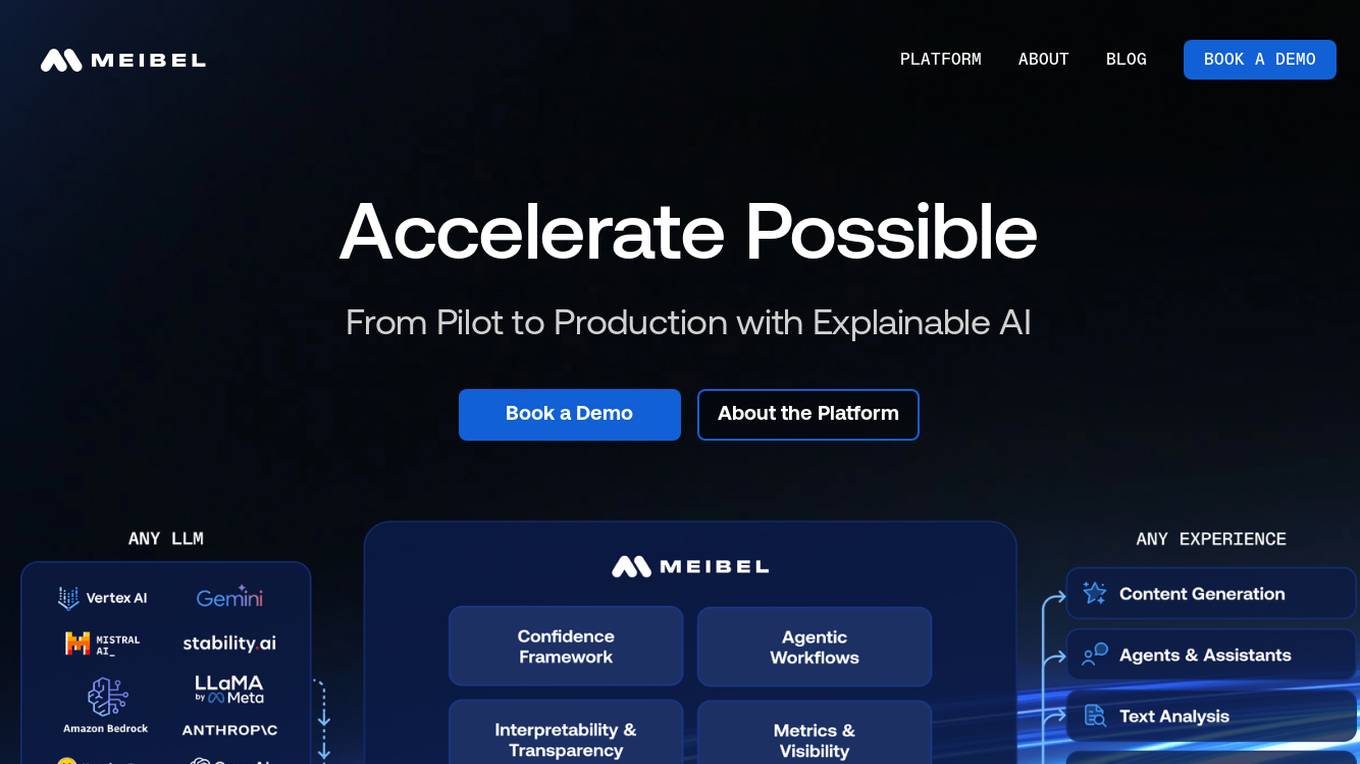
Meibel
Meibel is an AI platform that empowers product and engineering leaders to accelerate their generative AI vision from pilot to production with explainable AI. The platform provides complete visibility, control, and confidence to quickly build and deploy production-ready AI systems that deliver measurable business value. Meibel offers intuitive tools for AI development, seamless data integration, enterprise-ready security, measurable impact tracking, and a future-proof platform that evolves alongside AI technology.
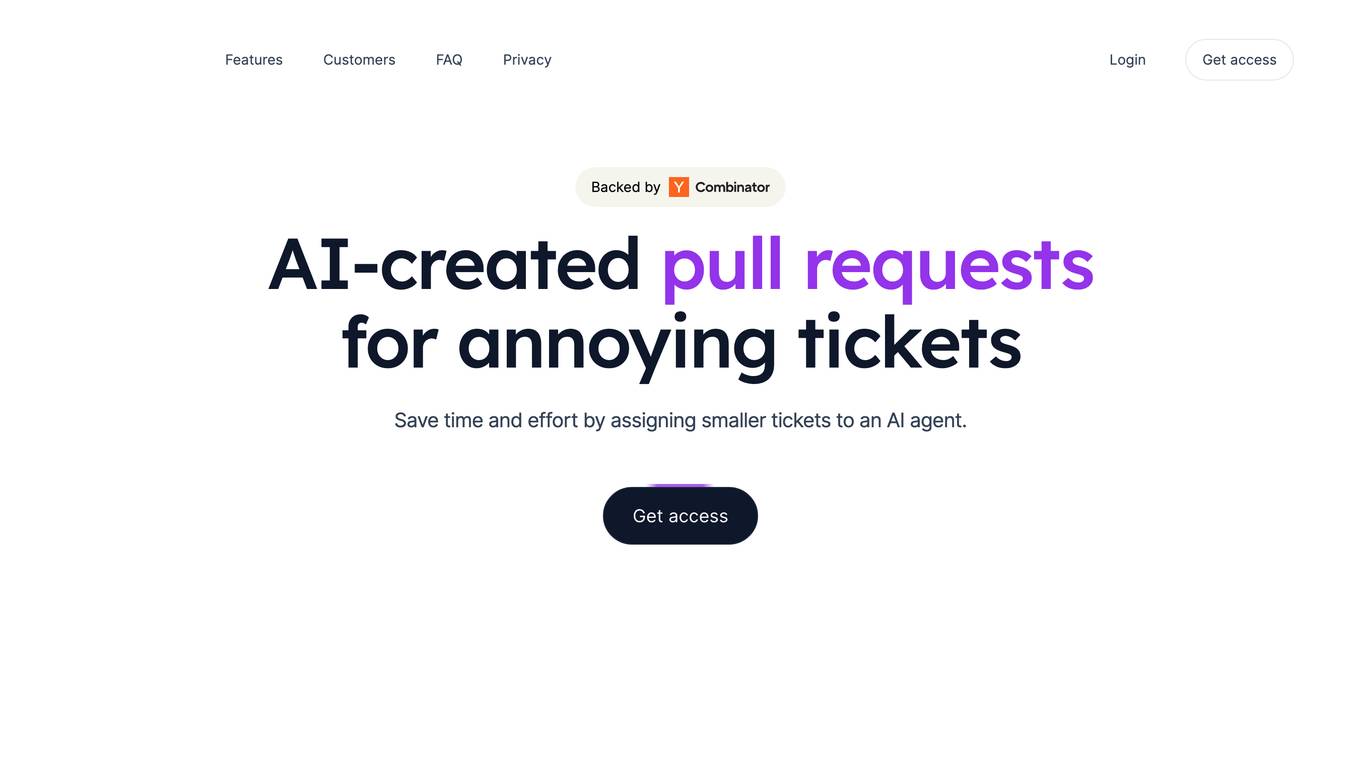
Tusk
Tusk is an AI testing platform that helps users with API, unit, and integration testing. It leverages AI-enabled tests to prevent regressions, cover edge cases, and generate verified test cases for faster and safer shipping. Tusk offers features like shift-left testing, autonomous testing, self-healing tests, and code coverage enforcement. It is trusted by engineering leaders at fast-growing companies and aims to halve engineering release cycles by catching bugs early. The platform is designed to provide high-quality tests to reach coverage goals and increase code quality.
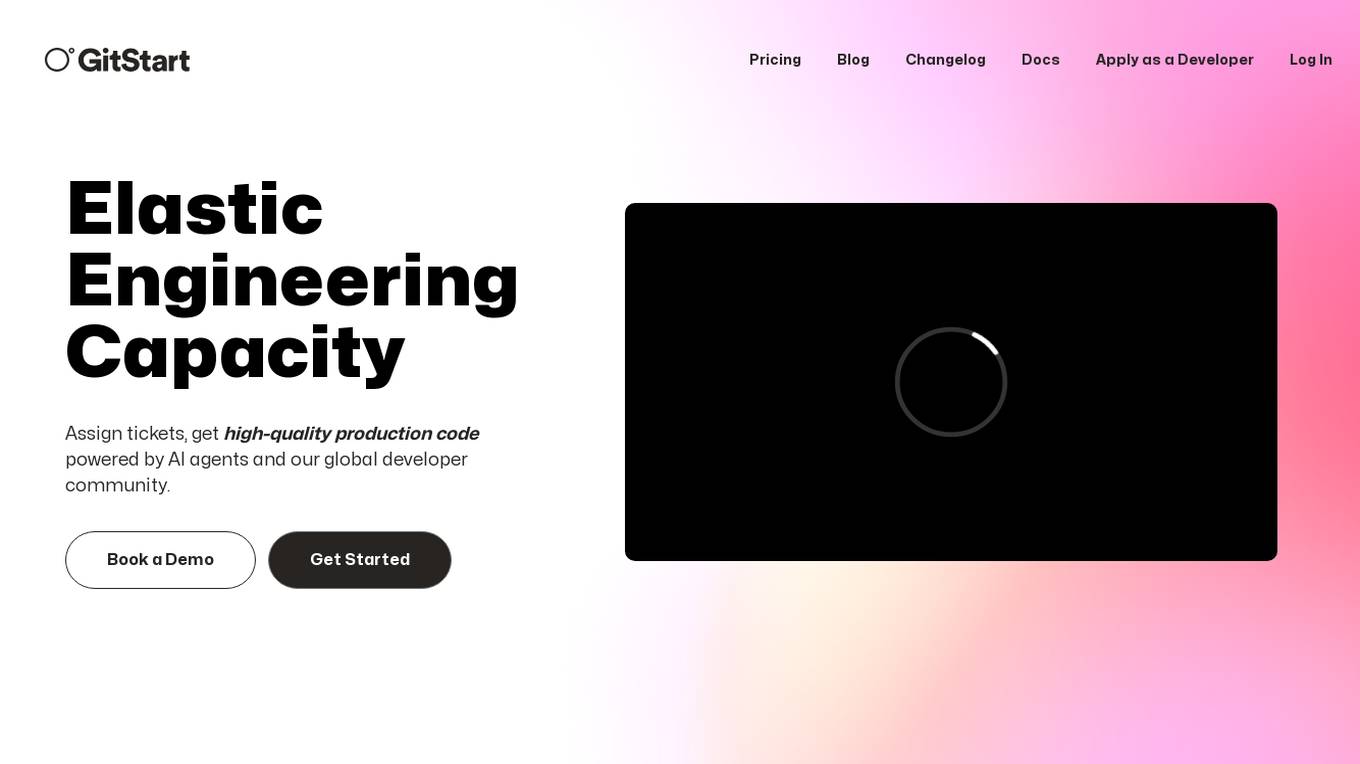
GitStart
GitStart is an AI-powered platform that offers Elastic Engineering Capacity by assigning tickets and delivering high-quality production code. It leverages AI agents and a global developer community to increase engineering capacity without hiring more staff. GitStart is supported by top tech leaders and provides solutions for bugs, tech debt, frontend and backend development. The platform aims to empower developers, create economic opportunities, and grow the world's future software talent.
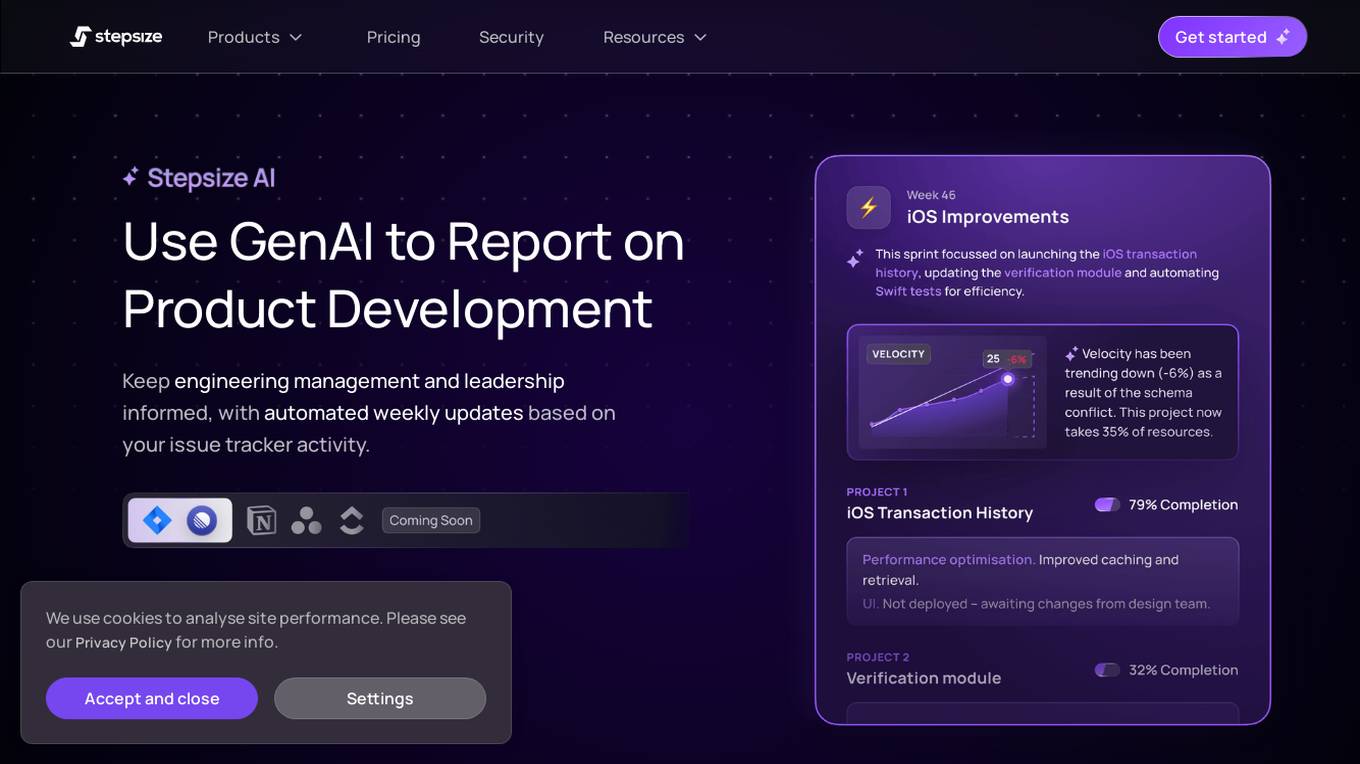
Stepsize AI
Stepsize AI is an AI-powered reporting tool for software development teams. It analyzes issue tracker activity to generate automated weekly updates on team and project progress. Stepsize AI provides metrics with automatic commentary, project-level AI insights, and intelligent delivery risk surfacing. It offers tailored insights, complete visibility, and unified focus, helping teams stay aligned and make timely decisions.
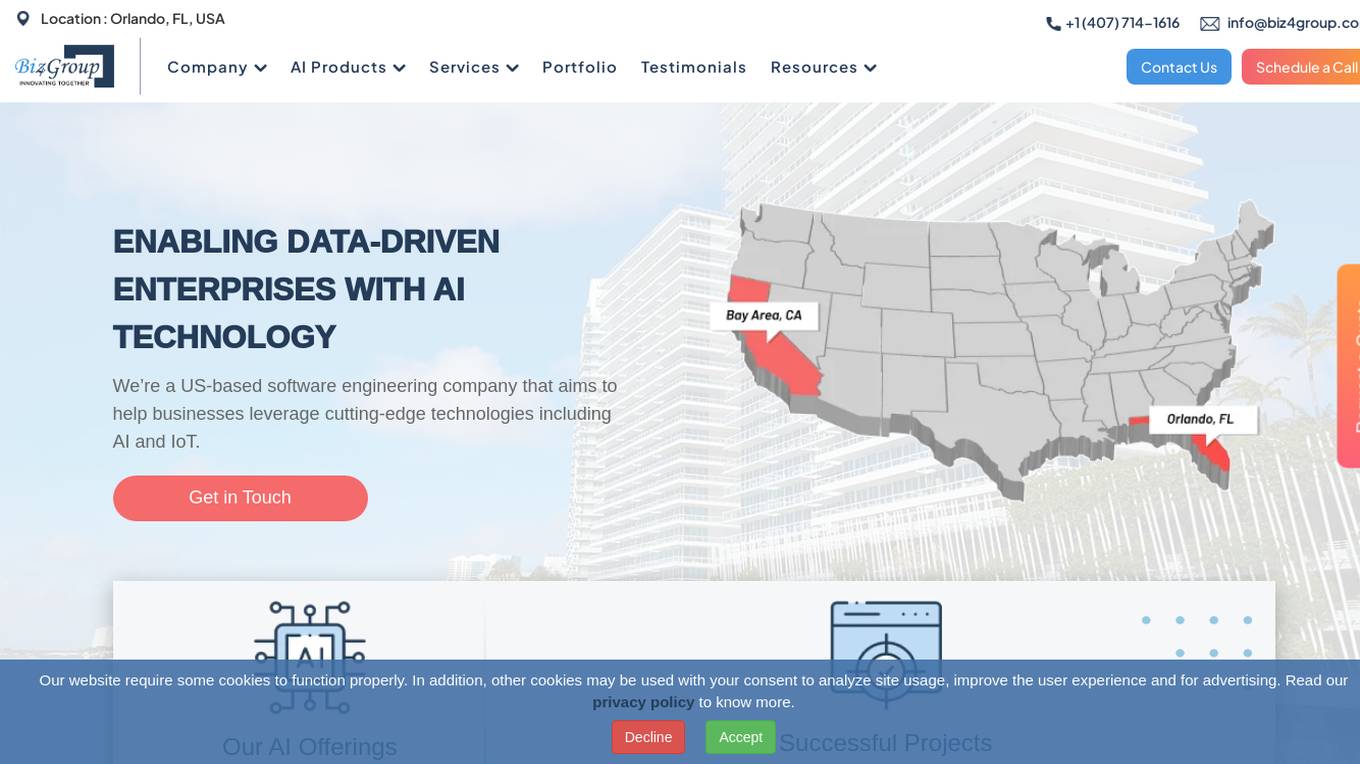
Biz4Group
Biz4Group is a leading software engineering company specializing in AI, IoT, and eCommerce development. With over 20 years of experience and a team of 200+ experts, they have delivered 700+ successful projects for clients worldwide. Their services include AI product development, AI chatbot development, IoT product development, wearable app development, software engineering, mobile application development, full stack development, eCommerce development, web development, CMS solutions, and digital marketing. Biz4Group is committed to helping businesses leverage cutting-edge technologies to improve operations, make data-driven decisions, and unlock new growth opportunities.
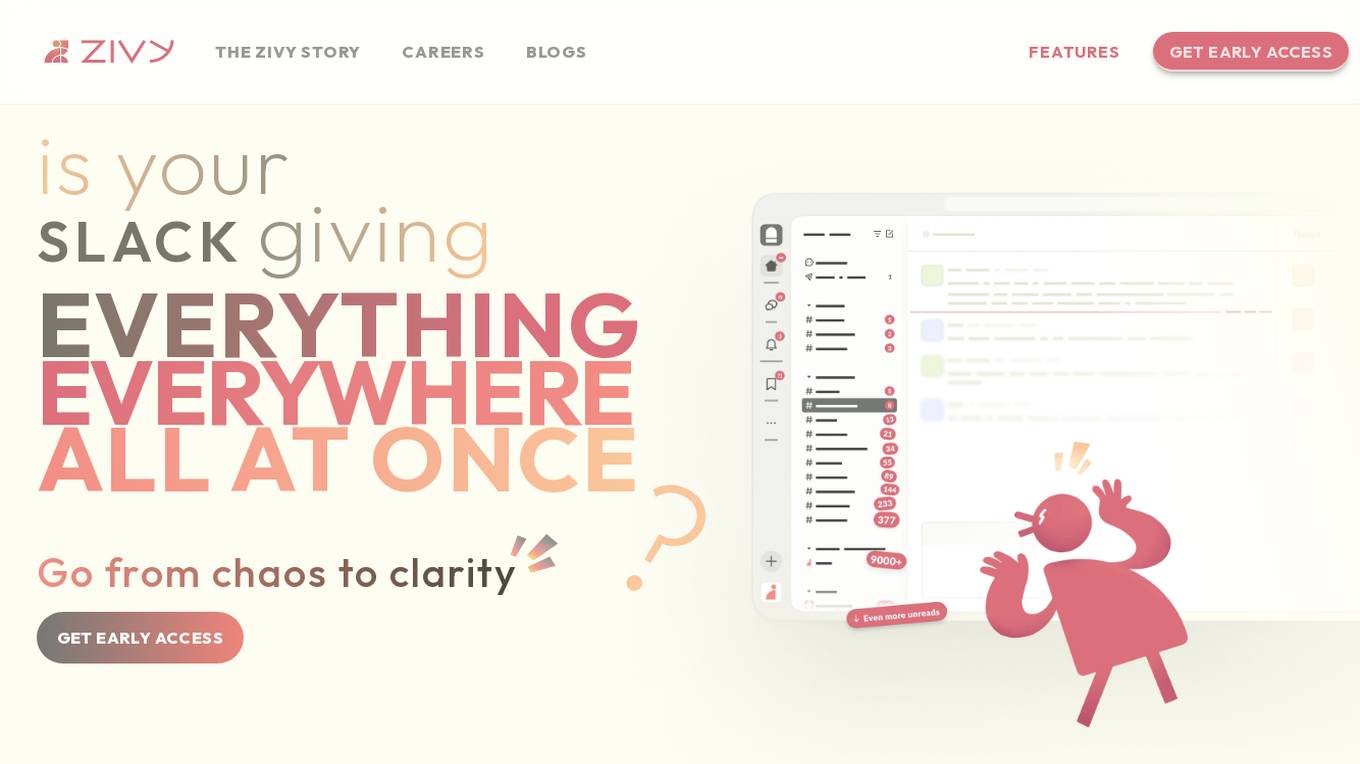
Zivy
Zivy is an AI-powered communication tool designed to help Engineering and Product Leads manage and prioritize messages effectively. It transforms the chaotic Slack environment into organized stacks of cards, ensuring that users focus on what truly matters. Zivy's AI capabilities learn user preferences, prioritize important messages, and continuously improve efficiency. The application also emphasizes data security, encrypting messages, and adhering to strict privacy standards. Zivy aims to streamline communication processes and enhance productivity by reducing noise and optimizing message delivery.
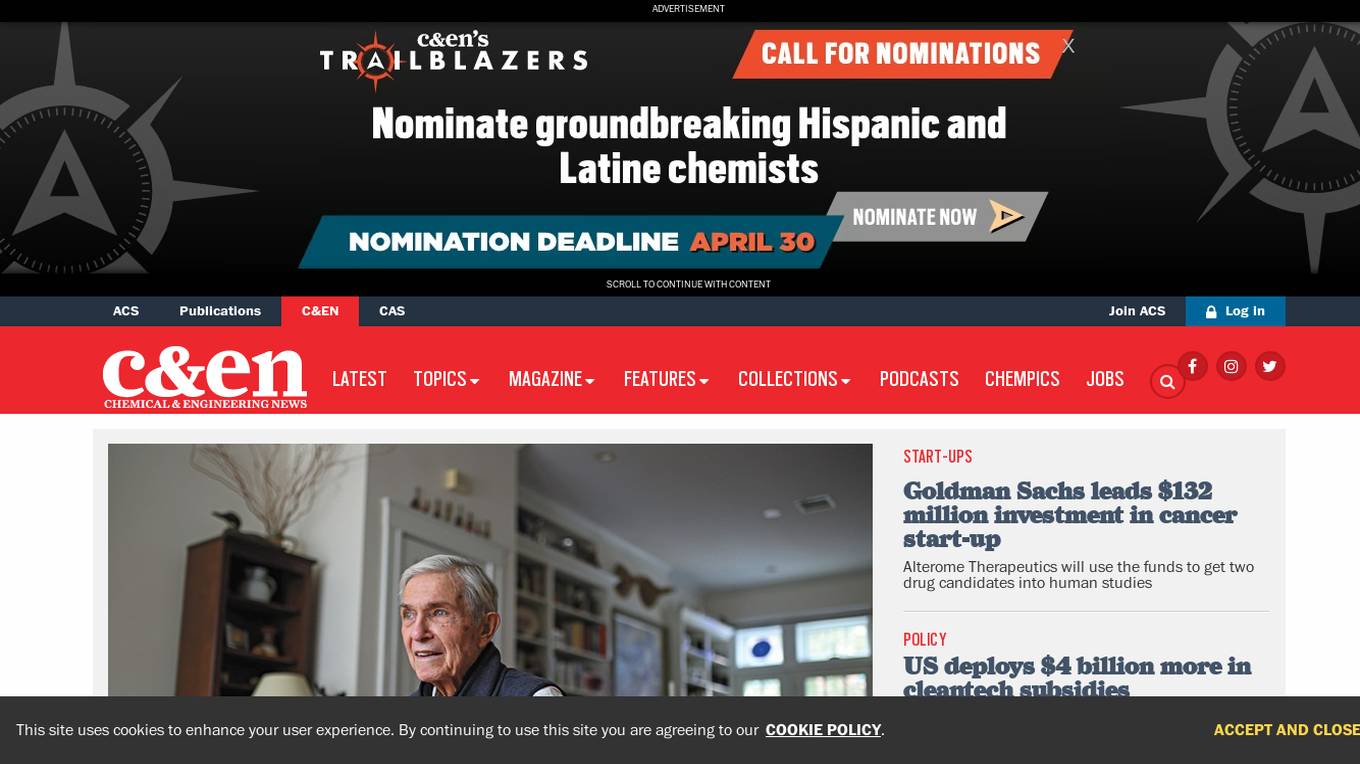
C&EN
C&EN, a publication of the American Chemical Society, provides the latest news and insights on the chemical industry, including research, technology, business, and policy. It covers a wide range of topics, including analytical chemistry, biological chemistry, business, careers, education, energy, environment, food, materials, people, pharmaceuticals, physical chemistry, policy, research integrity, safety, and synthesis.
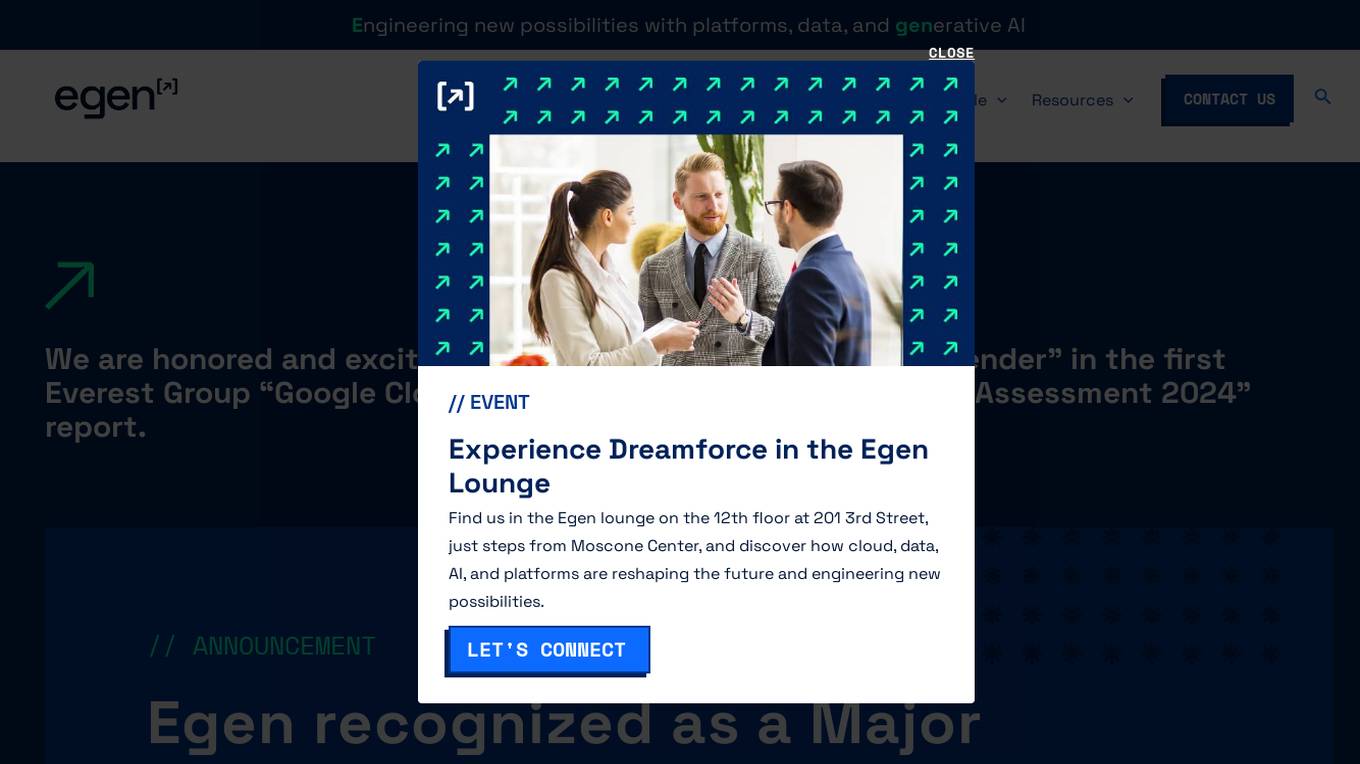
Egen
Egen is an AI application that focuses on engineering new possibilities with platforms, data, and generative AI. The company empowers organizations and individuals by harnessing the power of data and platforms to drive impact and create a better future. Egen collaborates with clients across various industries to provide innovative solutions using cloud, data, AI, and platforms.

HST Solutions
HST Solutions is a trusted digital engineering and enterprise modernization partner that offers custom software development, AI applications, and data engineering services. They combine deep technical expertise and industry experience to help clients anticipate future needs and provide innovative solutions. The company focuses on delivering transformation and solving complex challenges with precision and innovation.
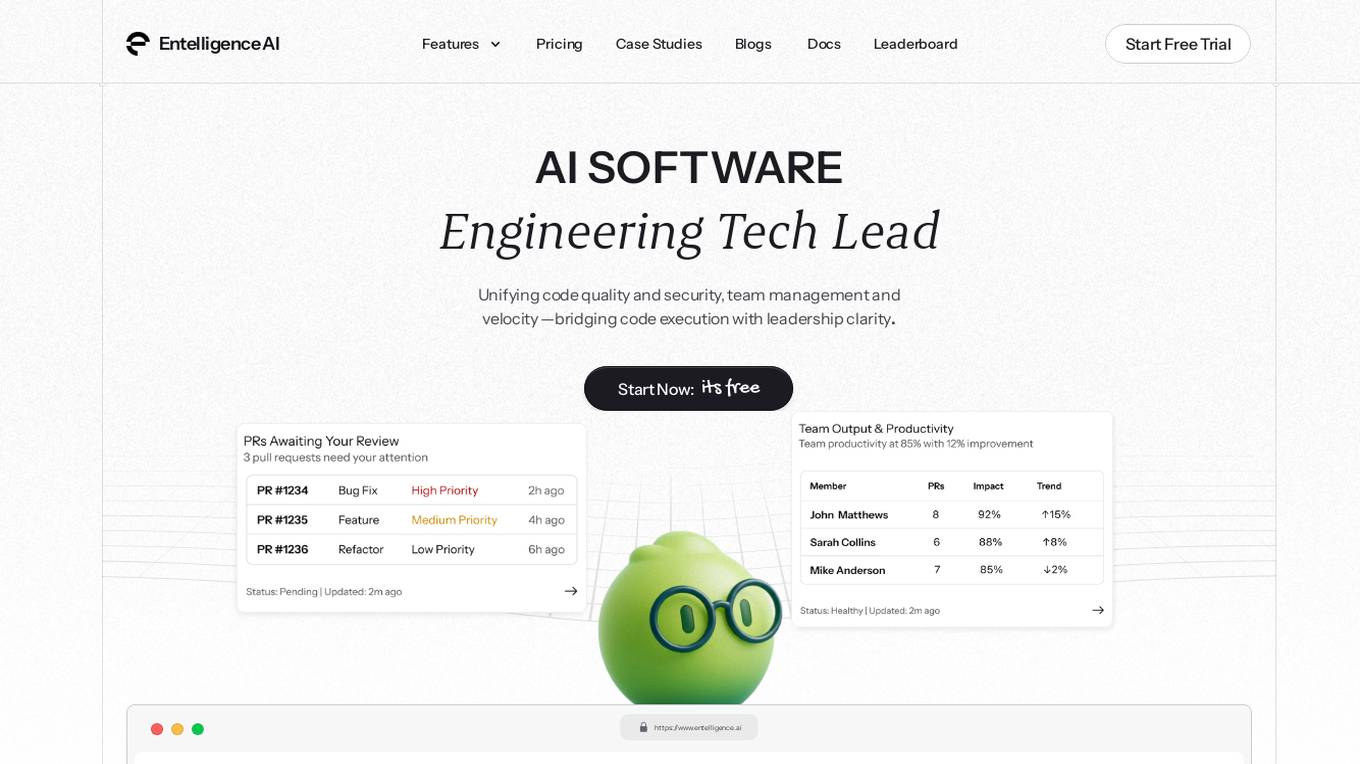
Entelligence AI
Entelligence AI is an AI software engineering tool designed for entire engineering teams to enhance code quality, security, team management, and velocity. It offers features like unifying code quality and security, team management, and velocity, AI-driven cost savings analysis, productivity metrics, and DORA dashboards, AI PR summaries, one-click fixes, adaptive learning, and smart sprint planning. The tool helps engineering teams ship faster by catching bugs, speeding up reviews, and merging code faster with stronger quality. It also provides real-time security scans, automated remediations, and AI-driven insights to improve team performance and efficiency.
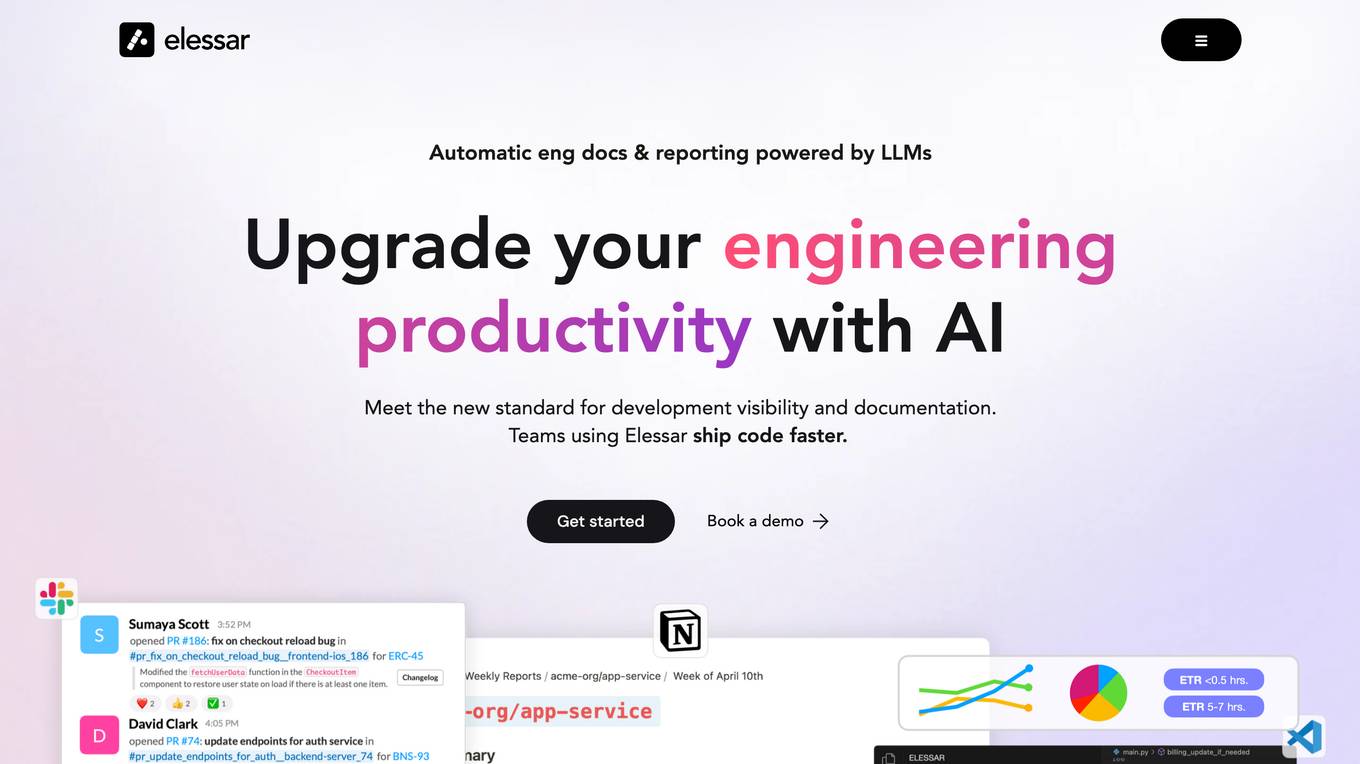
Elessar
Elessar is an AI-powered platform designed to enhance engineering productivity by providing automatic documentation, reporting, and visibility for development teams. It seamlessly integrates with existing ecosystems, generates pull request changelogs, automates Notion documentation, offers Slack bot functionality, provides VS Code extension for easy code understanding, and links with Linear for issue tracking. Elessar ensures data privacy and security by following SOC II compliant policies and encrypting data at rest and in transit. It does not use data for training AI models. With Elessar, organizations can streamline communication, improve visibility, and boost productivity.
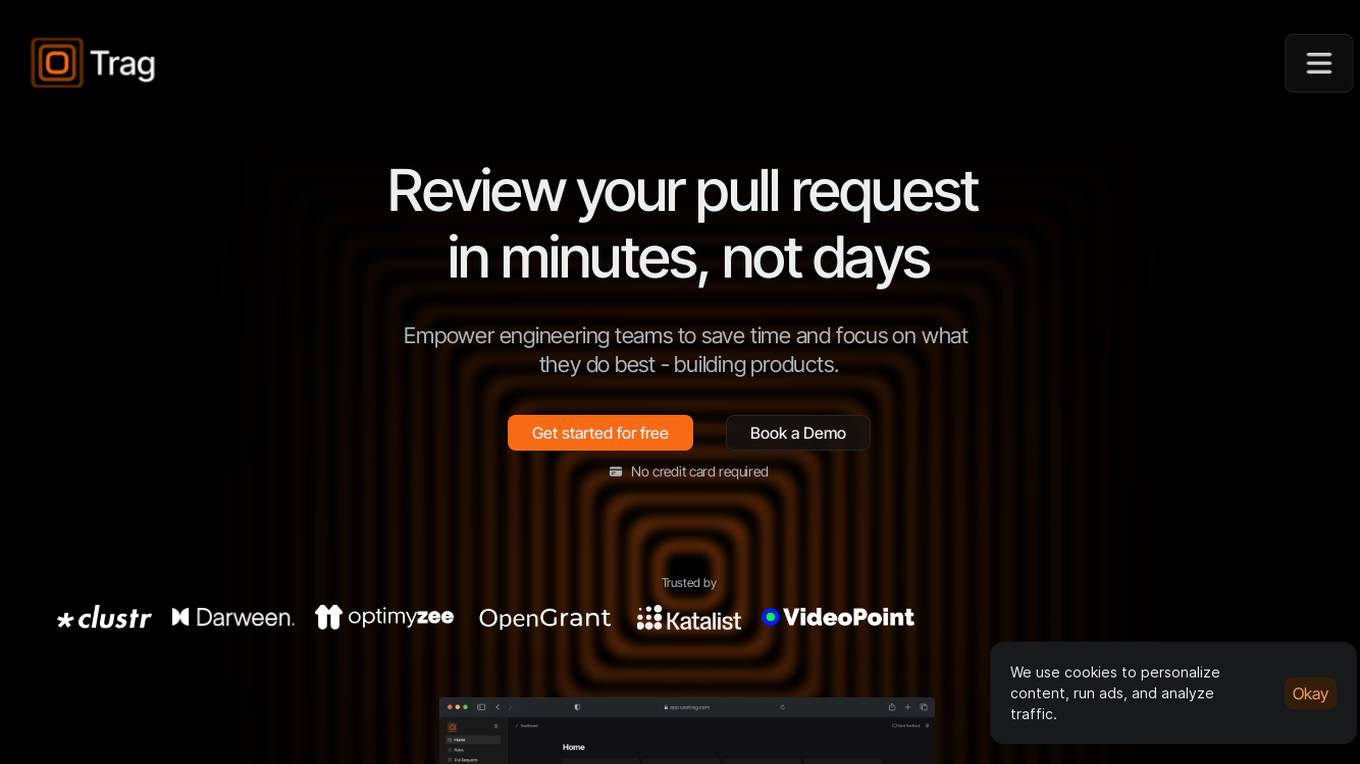
Trag
Trag is an AI-powered tool designed to review pull requests in minutes, empowering engineering teams to save time and focus on building products. With Trag, users can create custom patterns for code review, ensuring best practices are followed and bugs are caught early. The tool offers features like autofix with AI, monitoring progress, connecting multiple repositories, pull request review, analytics, and team workspaces. Trag stands out from traditional linters by providing complex code understanding, semantic code analysis, predictive bug detection, and refactoring suggestions. It aims to streamline code reviews and help teams ship faster with AI-powered reviews.
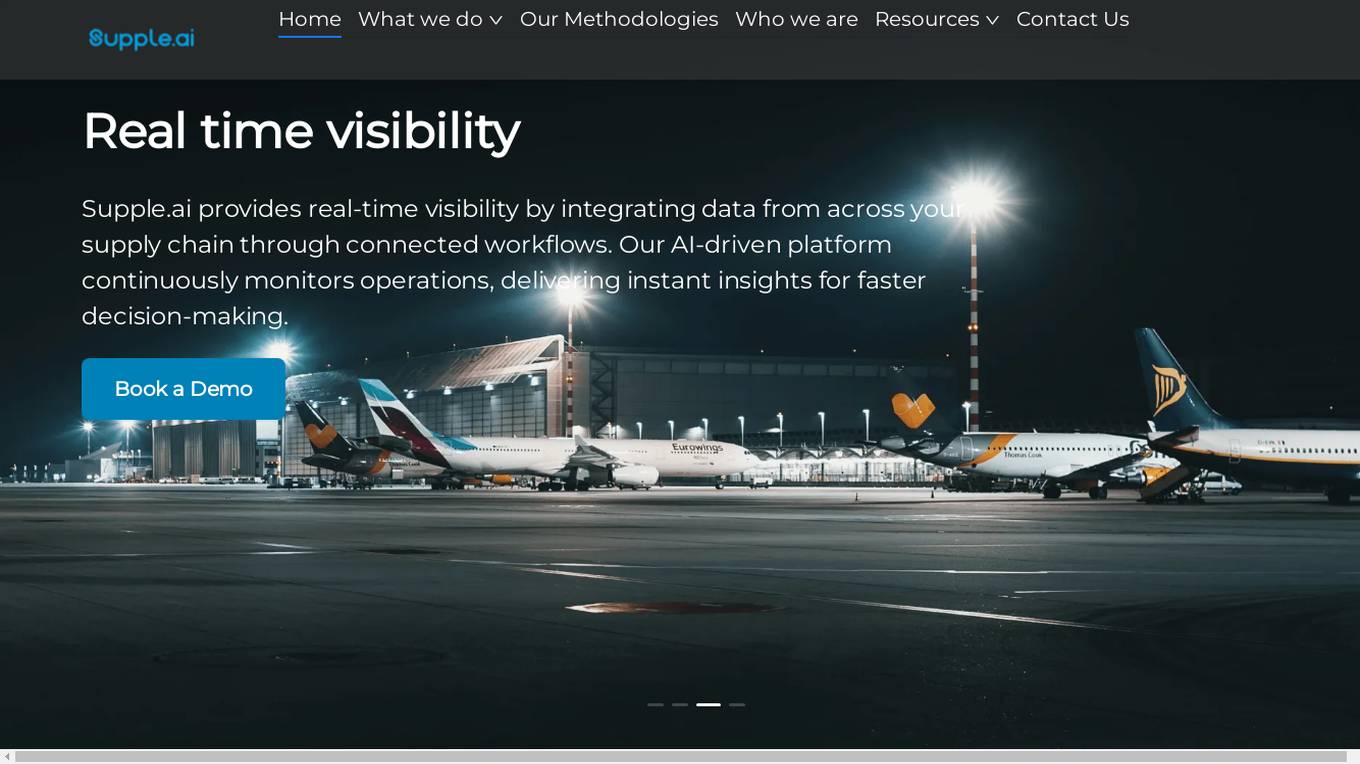
Supple.ai
Supple.ai is an AI-powered content generation tool that helps users create high-quality written content quickly and efficiently. By leveraging advanced natural language processing algorithms, Supple.ai can generate articles, blog posts, product descriptions, and more in a matter of minutes. The tool is designed to assist content creators, marketers, and businesses in streamlining their content creation process and improving productivity.
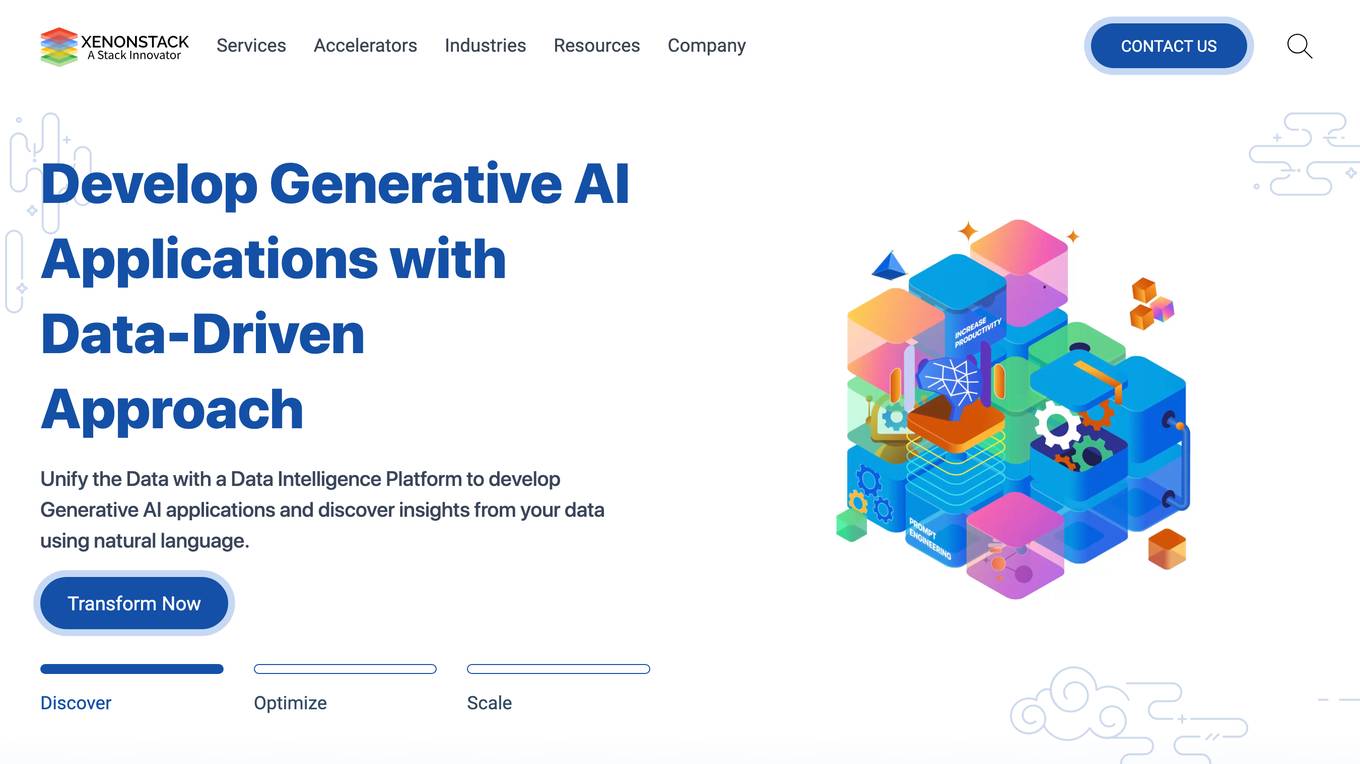
XenonStack
XenonStack is an AI application that offers a reasoning foundry for agentic enterprises. It provides unified reasoning foundation enabling seamless orchestration, analytics, infrastructure, and trust across intelligent ecosystems. The platform includes various AI tools such as Akira AI for reasoning and agent orchestration, ElixirData for agentic analytics intelligence, NexaStack for agentic infrastructure automation, MetaSecure for trust, compliance, and defense, and Neural AI for agentic intelligence & autonomous innovation. It also offers pre-built autonomous agents for domain-specific intelligence, seamless integrations, and governed enterprise deployment.
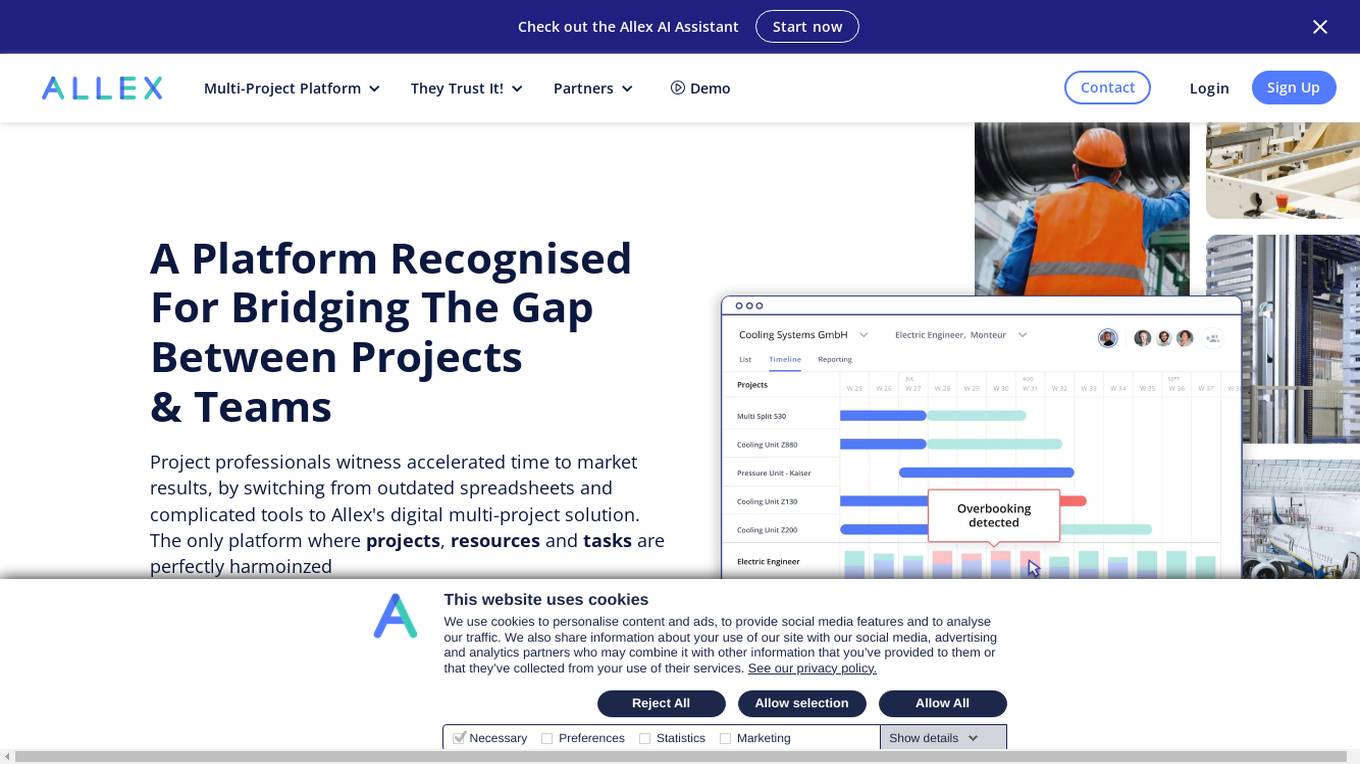
Allex
Allex is a project management and portfolio management software that offers a digital multi-project solution. It helps project professionals accelerate time-to-market results by harmonizing projects, resources, and tasks. The platform enables users to have a sweeping overview of projects, predict capacity bottlenecks, improve project coordination through collaboration, and communicate effectively with internal and external stakeholders. Allex is designed to handle complex projects and offers expert support to ensure informed decision-making from planning to launch.
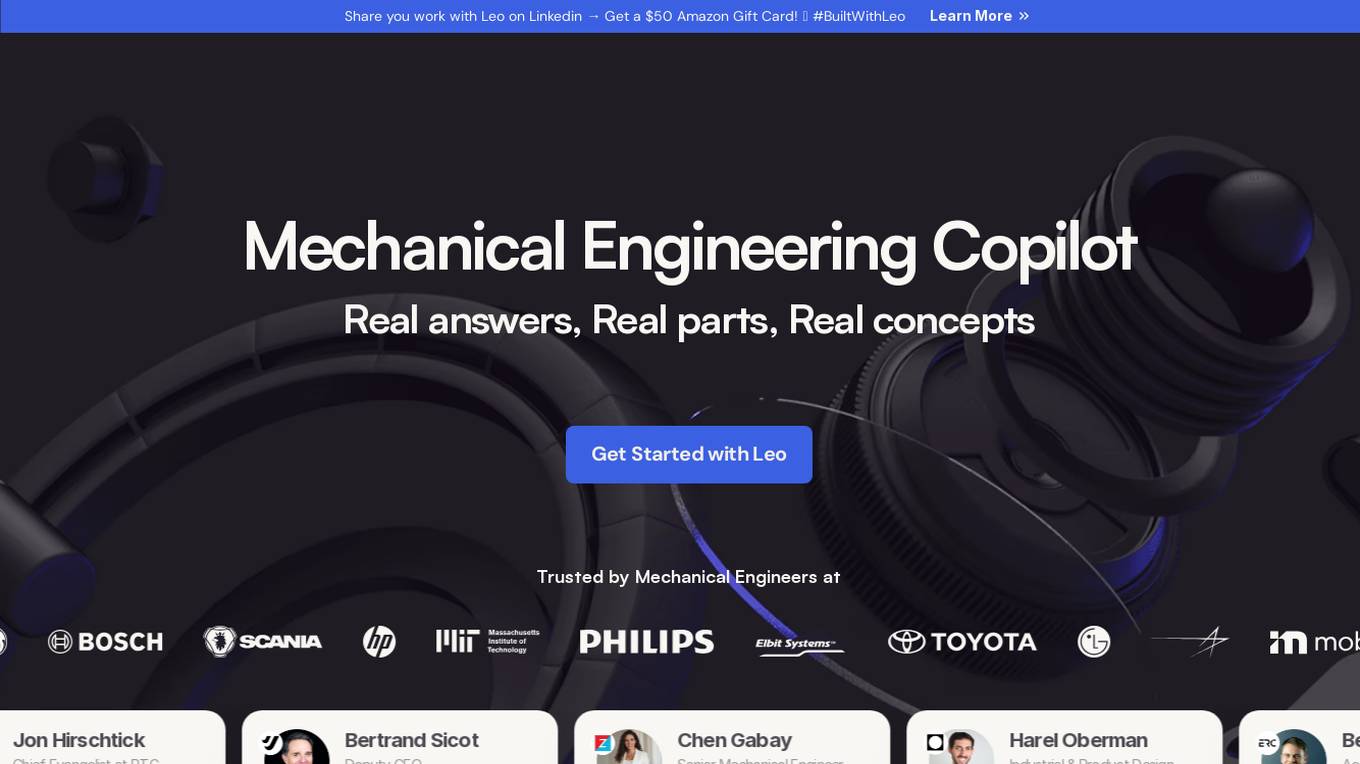
Leo AI
Leo AI is an AI-powered engineering design copilot tailored for mechanical engineers. It provides real answers, parts, and concepts to assist engineers in their design process. Leo leverages organization's data, centralizes engineering knowledge, handles problem-solving tasks, finds components using natural language, and helps brainstorm ideas collaboratively. The application aims to streamline the engineering process, reduce errors, accelerate onboarding, and promote consistency across teams.
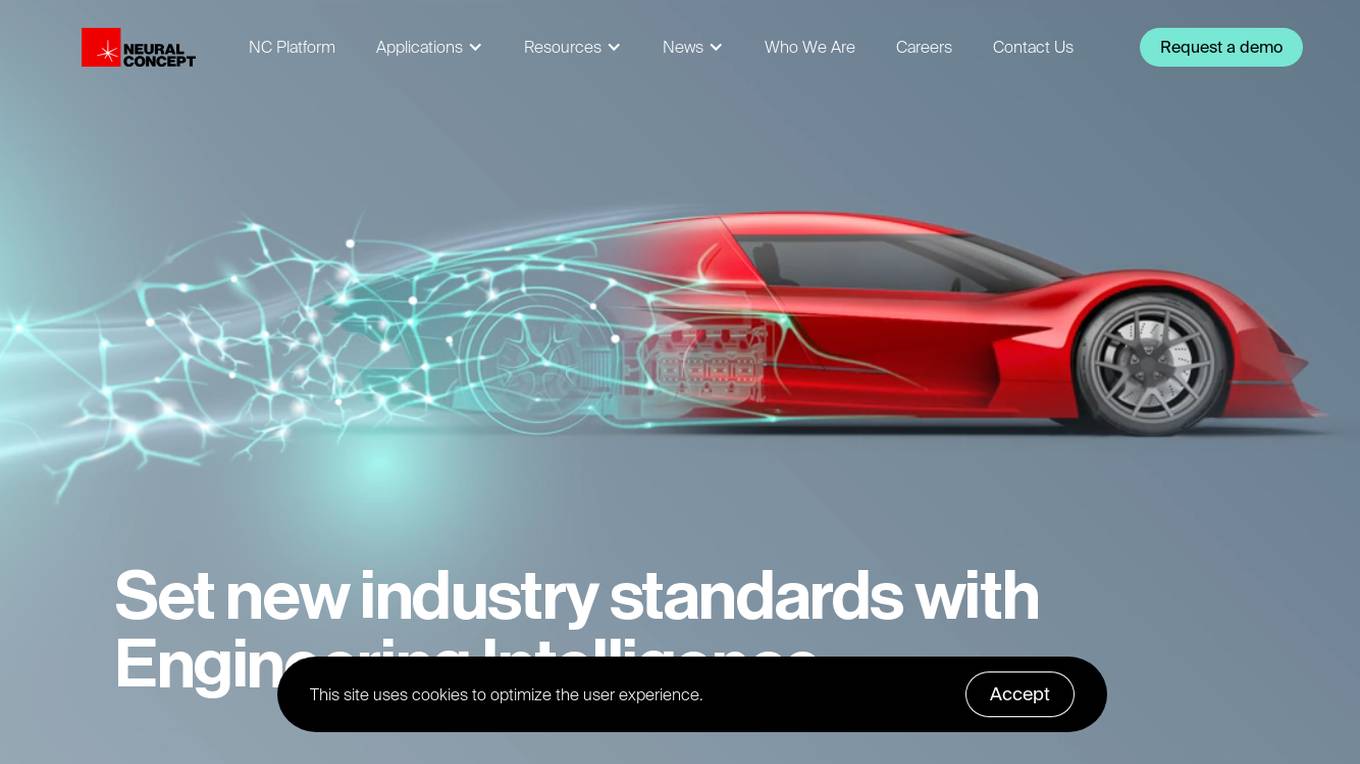
Neural Concept
Neural Concept is an end-to-end platform for high-performance engineering teams, powered by a leading proprietary 3D AI core. It accelerates product development and innovation with industry-leading 3D deep-learning and simulation capabilities. The platform works with various CAE and CAD softwares, offering 3D visual feedback, collaborative environment, and LLM guidance to boost engineers' impact. Neural Concept is used by engineering companies to design and deliver better products faster, bringing AI-designed products to market up to 75% faster.
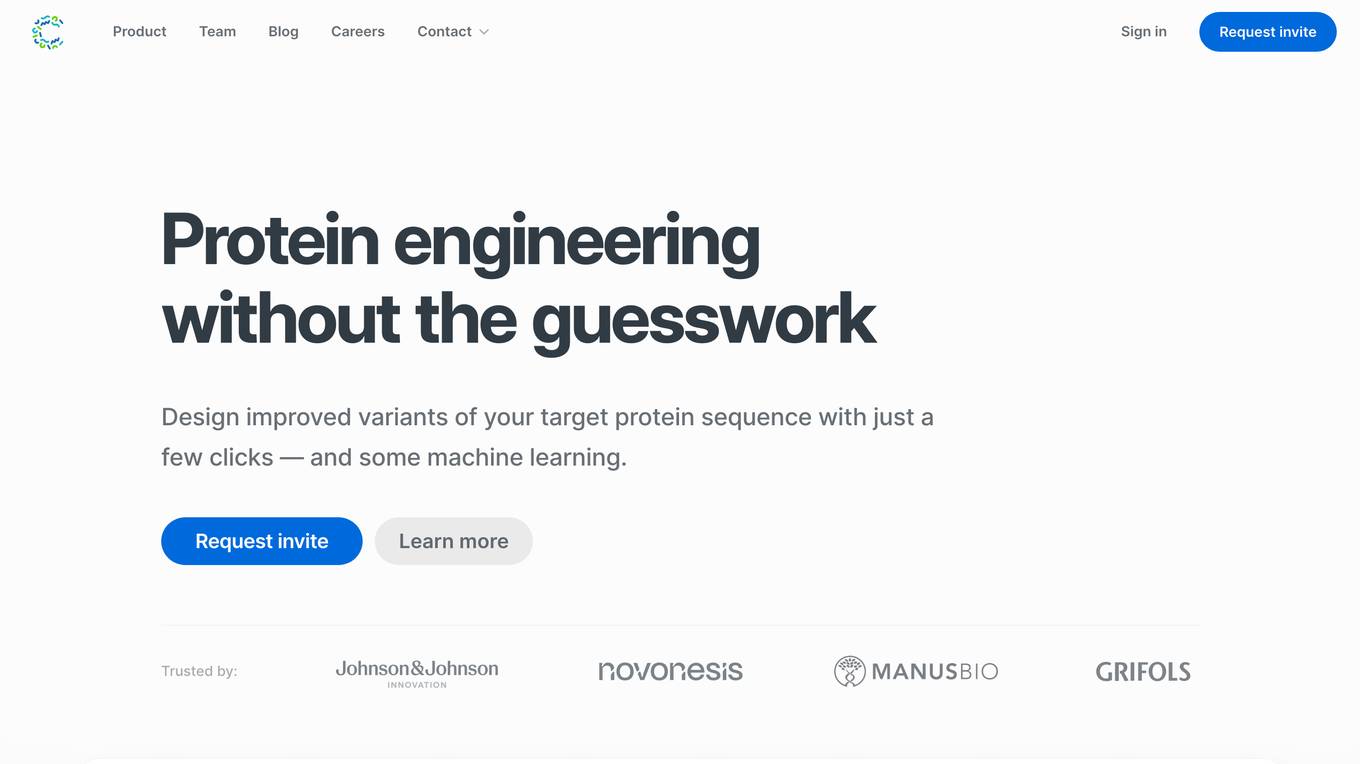
Cradle
Cradle is a protein engineering platform that uses machine learning to design improved protein sequences. It allows users to import assay data, generate new sequences, test them in the lab, and import the results to improve the model. Cradle can be used to optimize multiple properties of a protein simultaneously, and it has been used by leading biotech teams to accelerate new and ongoing projects.
0 - Open Source Tools
20 - OpenAI Gpts
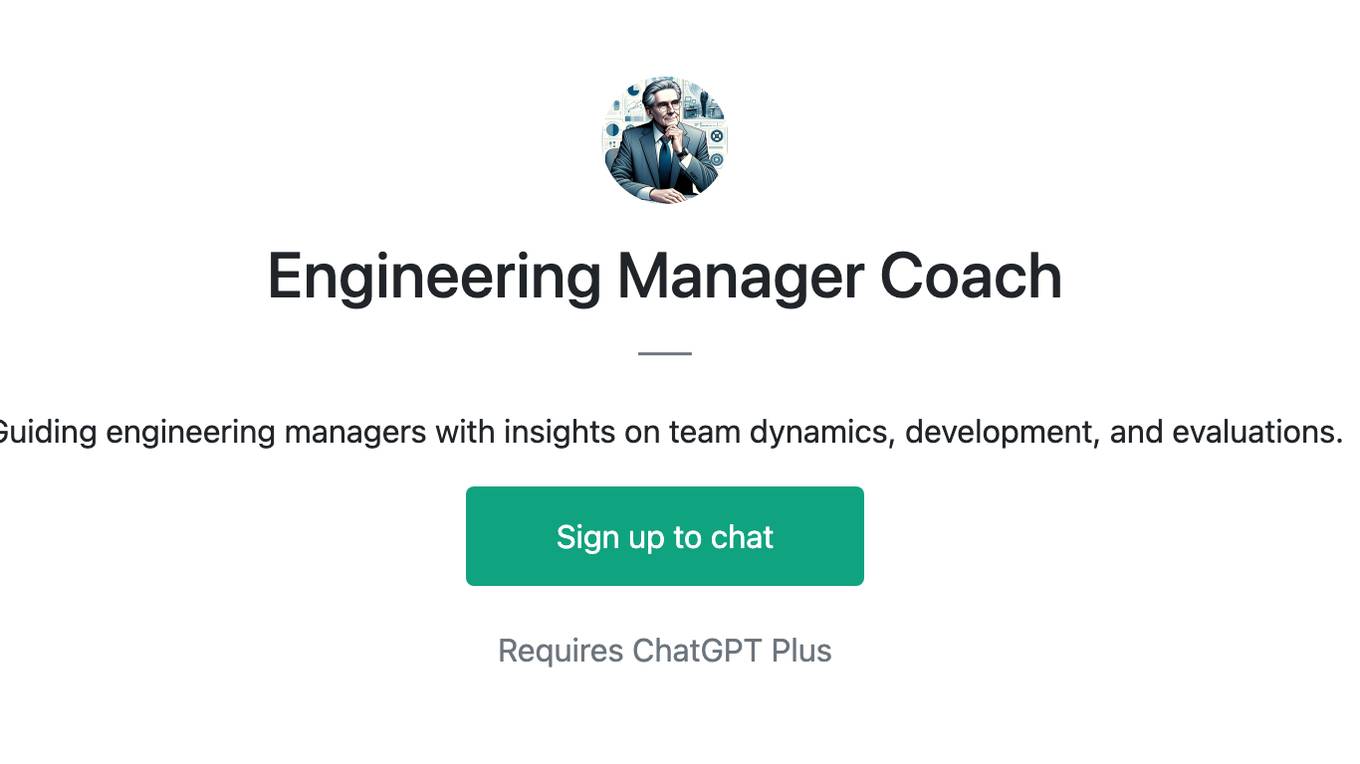
Engineering Manager Coach
Guiding engineering managers with insights on team dynamics, development, and evaluations.
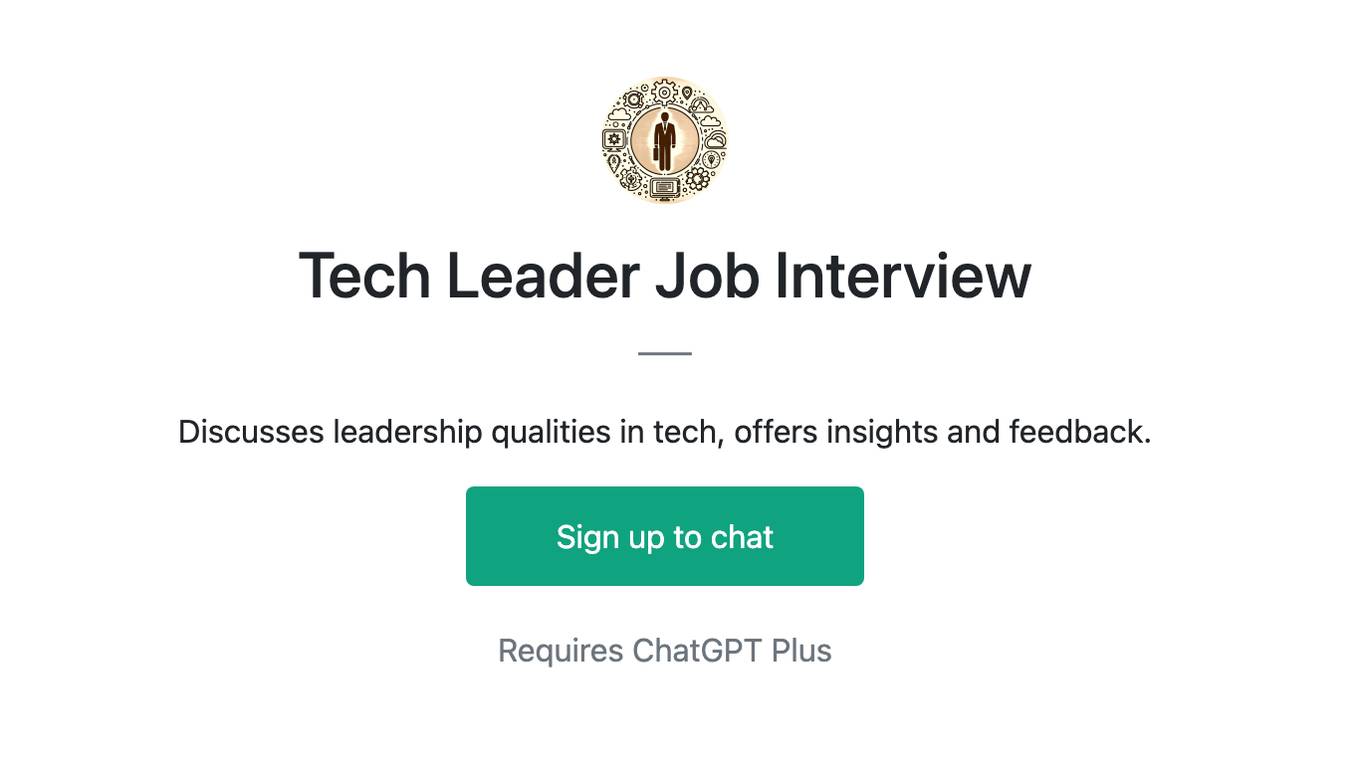
Tech Leader Job Interview
Discusses leadership qualities in tech, offers insights and feedback.
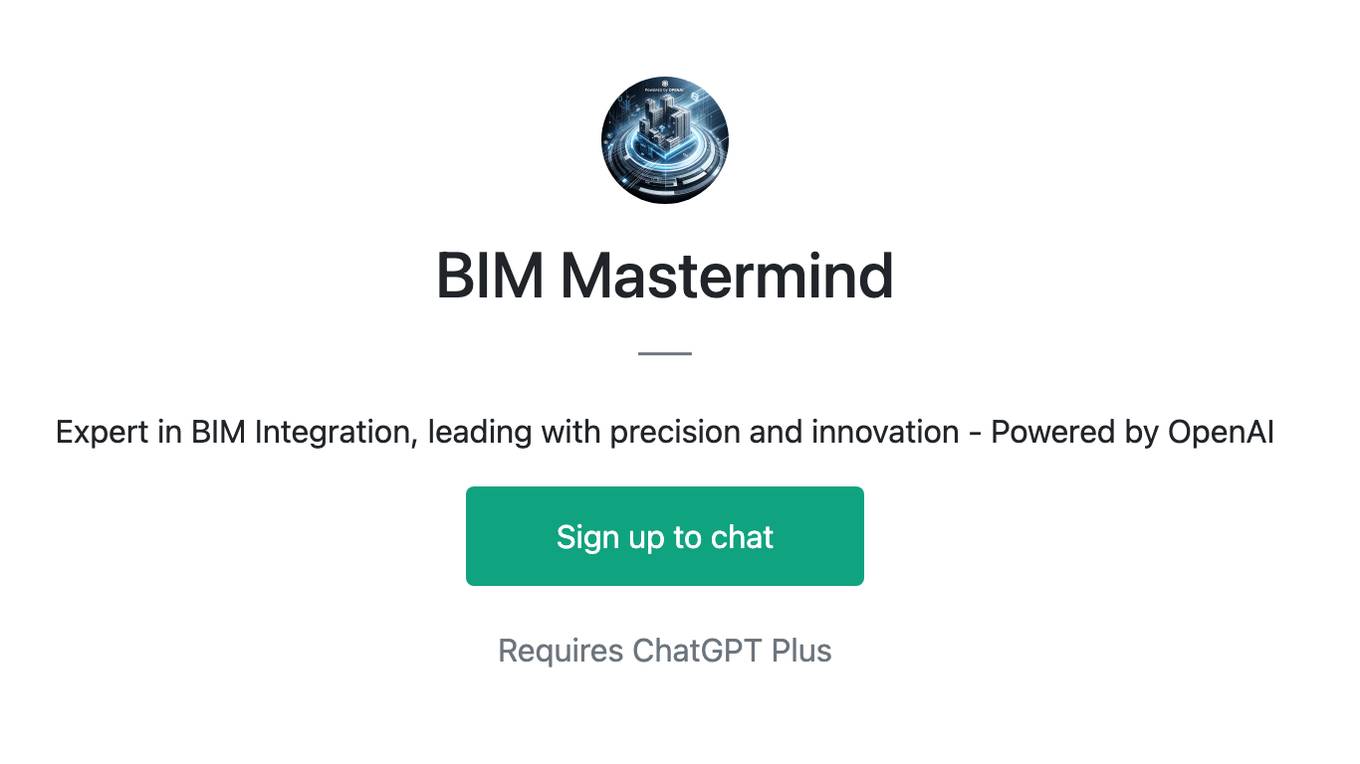
BIM Mastermind
Expert in BIM Integration, leading with precision and innovation - Powered by OpenAI
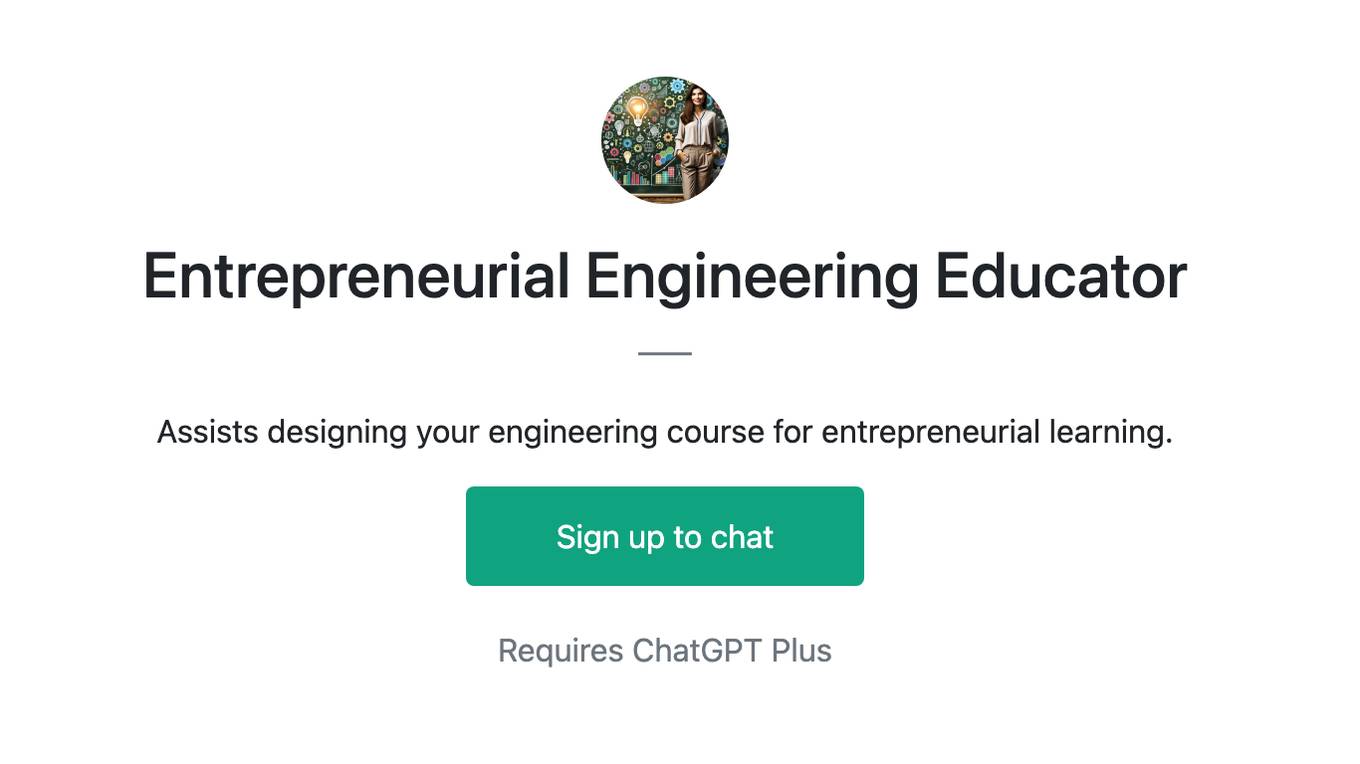
Entrepreneurial Engineering Educator
Assists designing your engineering course for entrepreneurial learning.
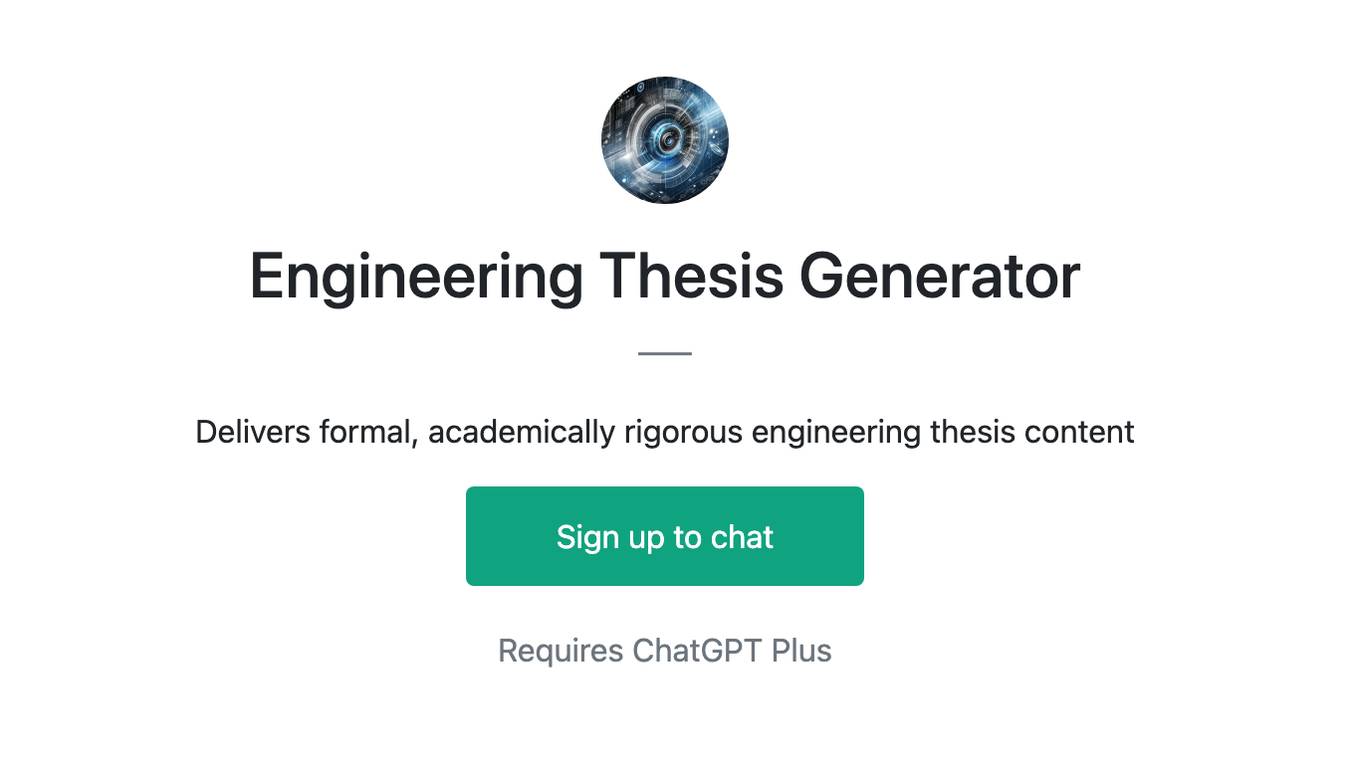
Engineering Thesis Generator
Delivers formal, academically rigorous engineering thesis content

Engineering Design Graphics - CATIA Tutor
Tutor for Engineering Design Graphics with CATIA expertise

